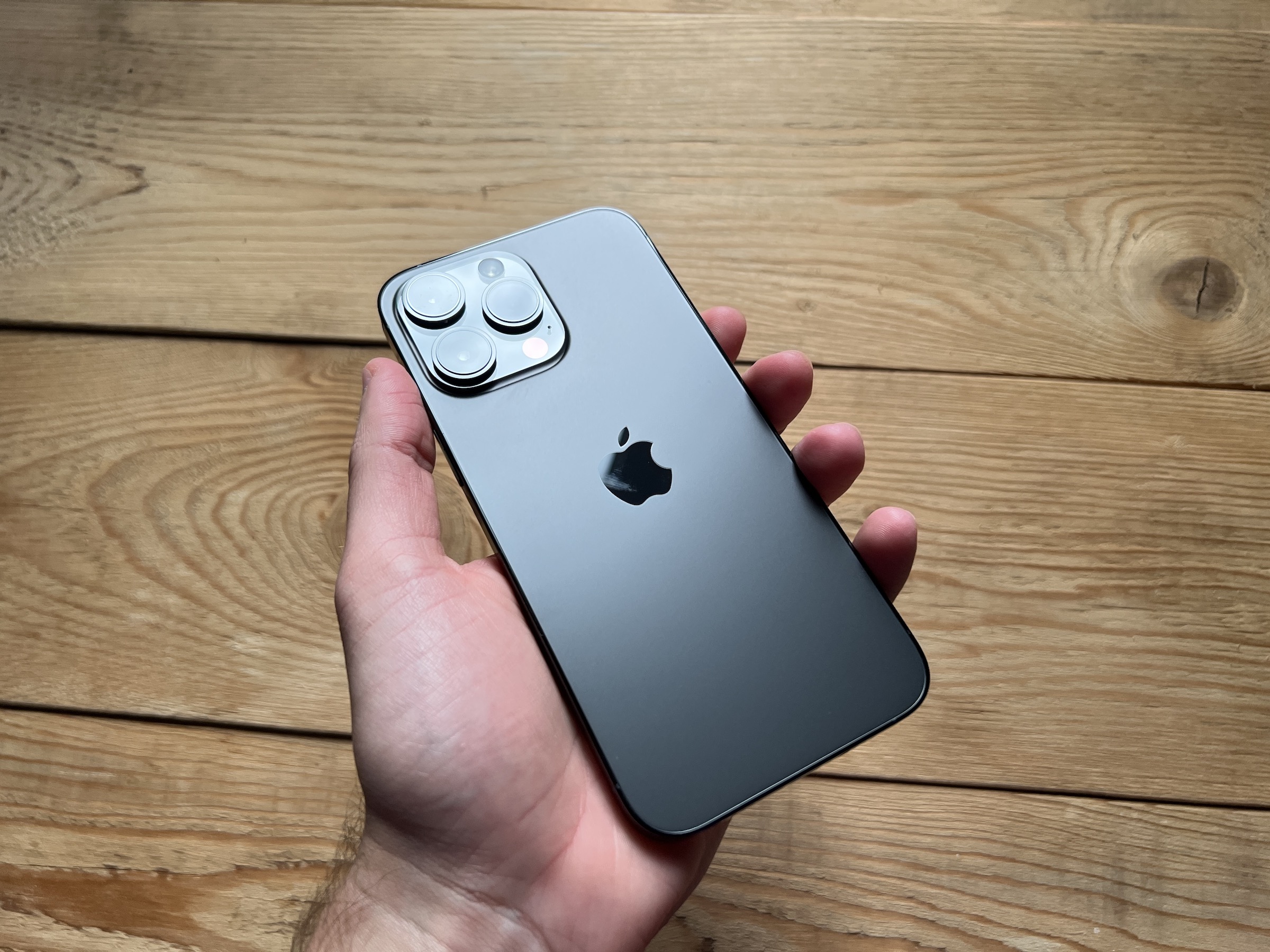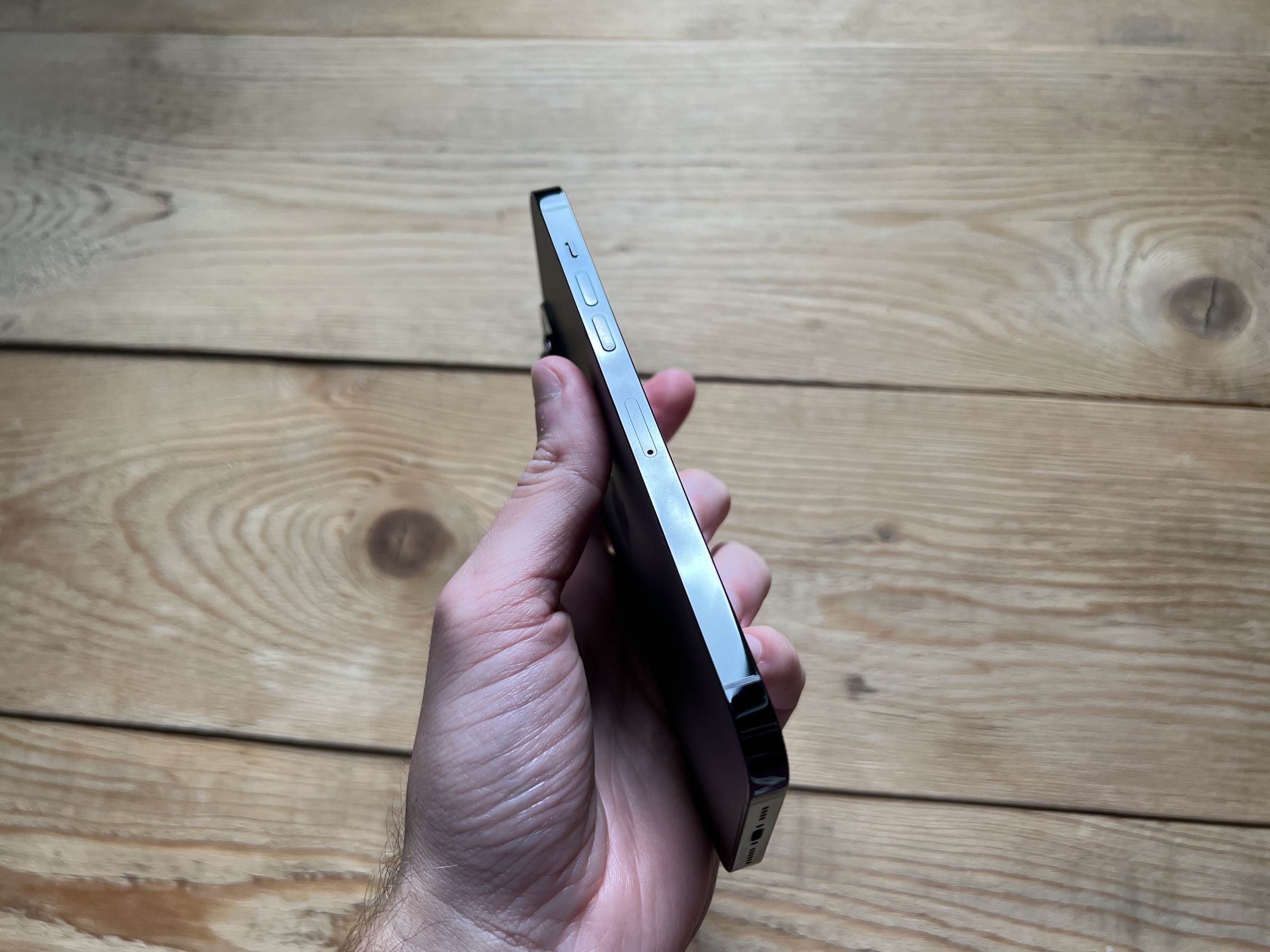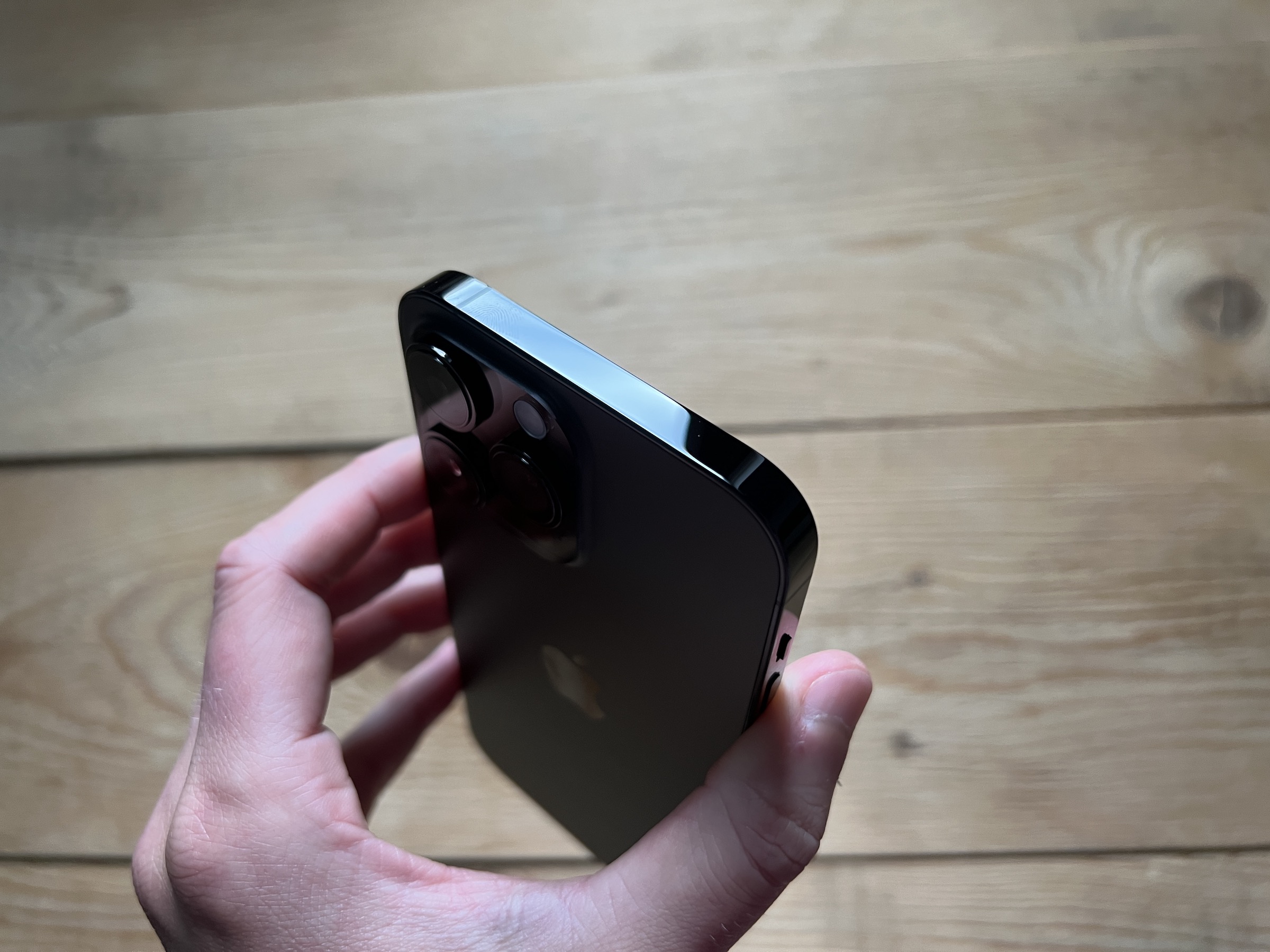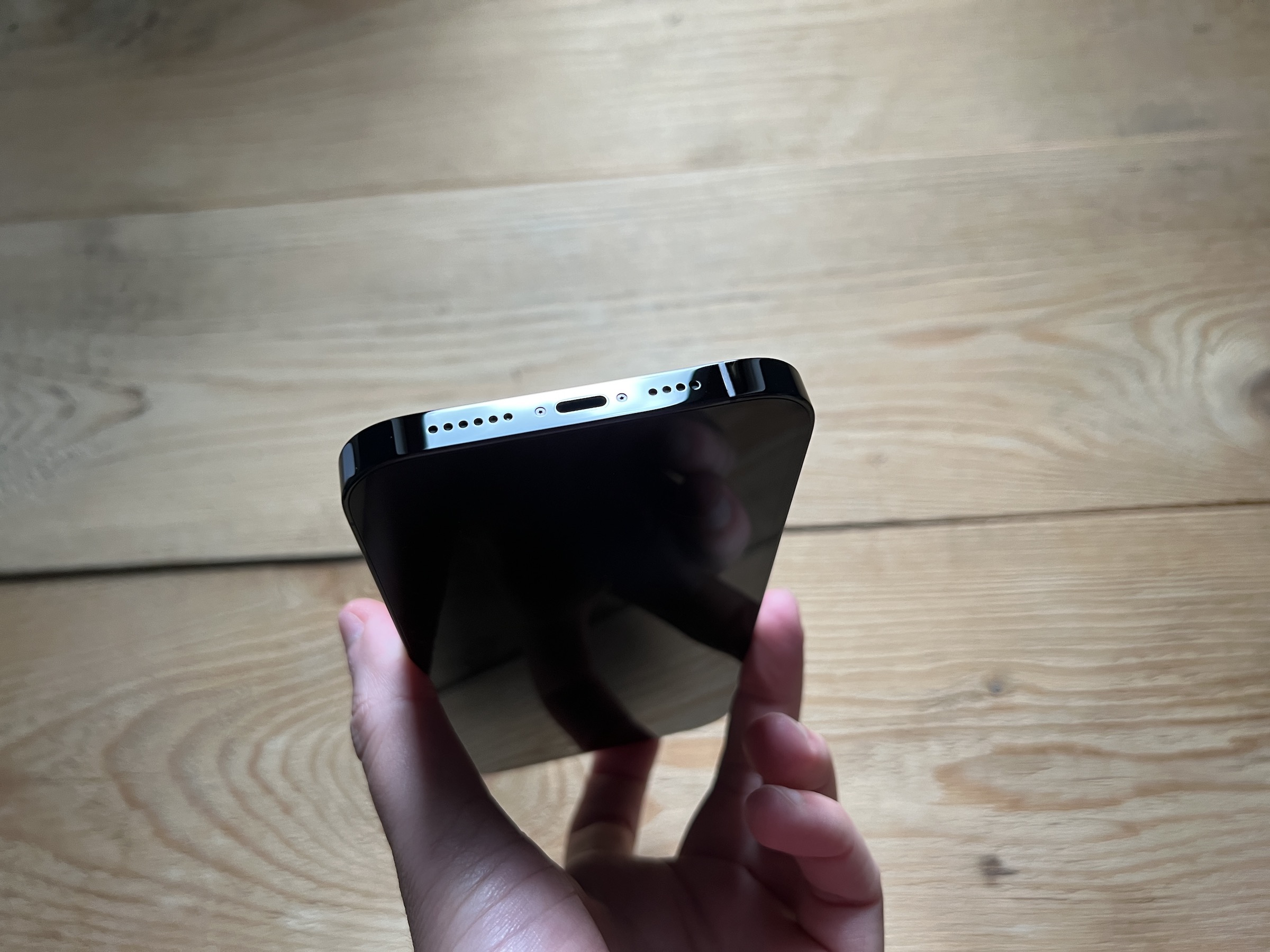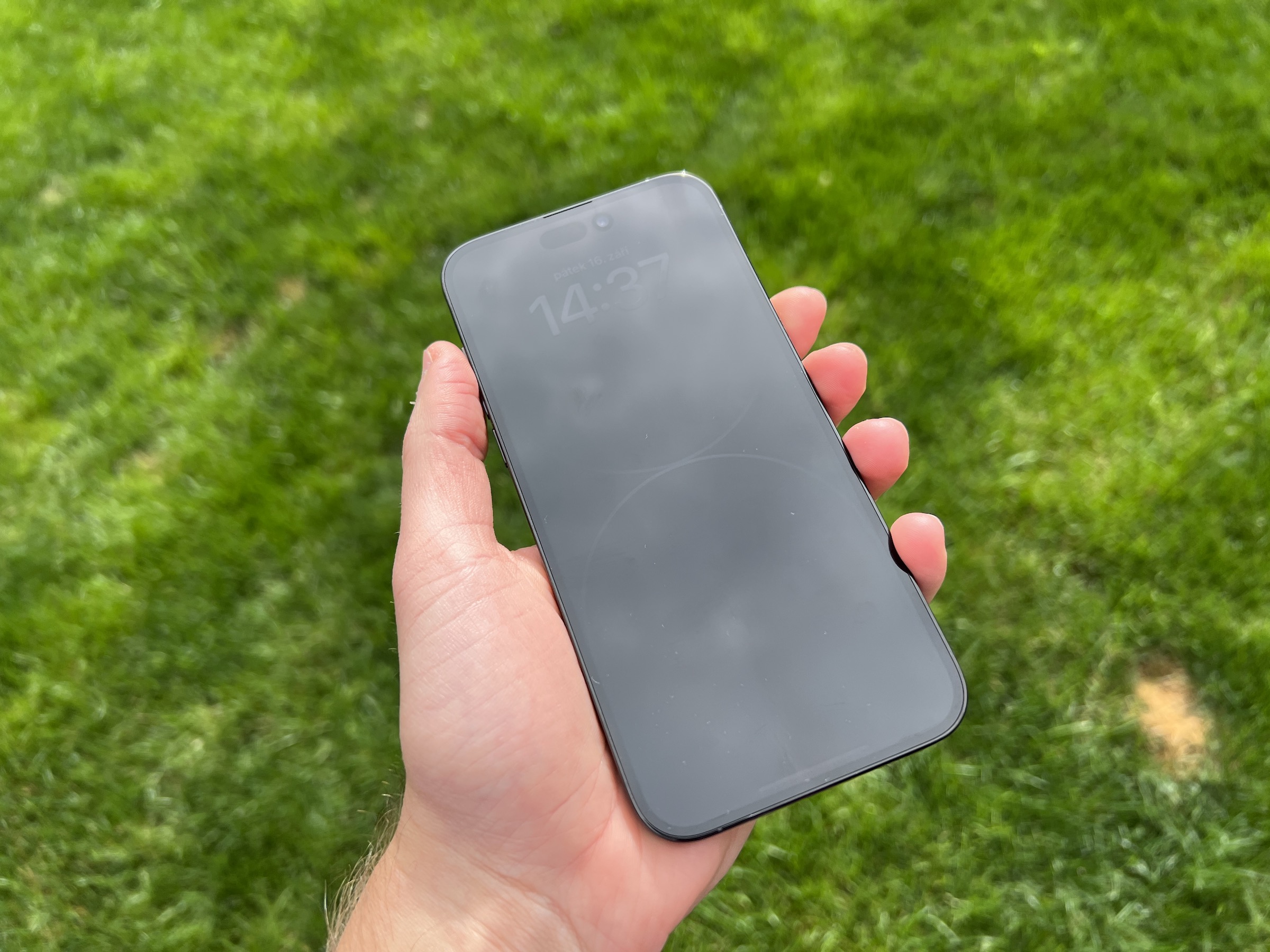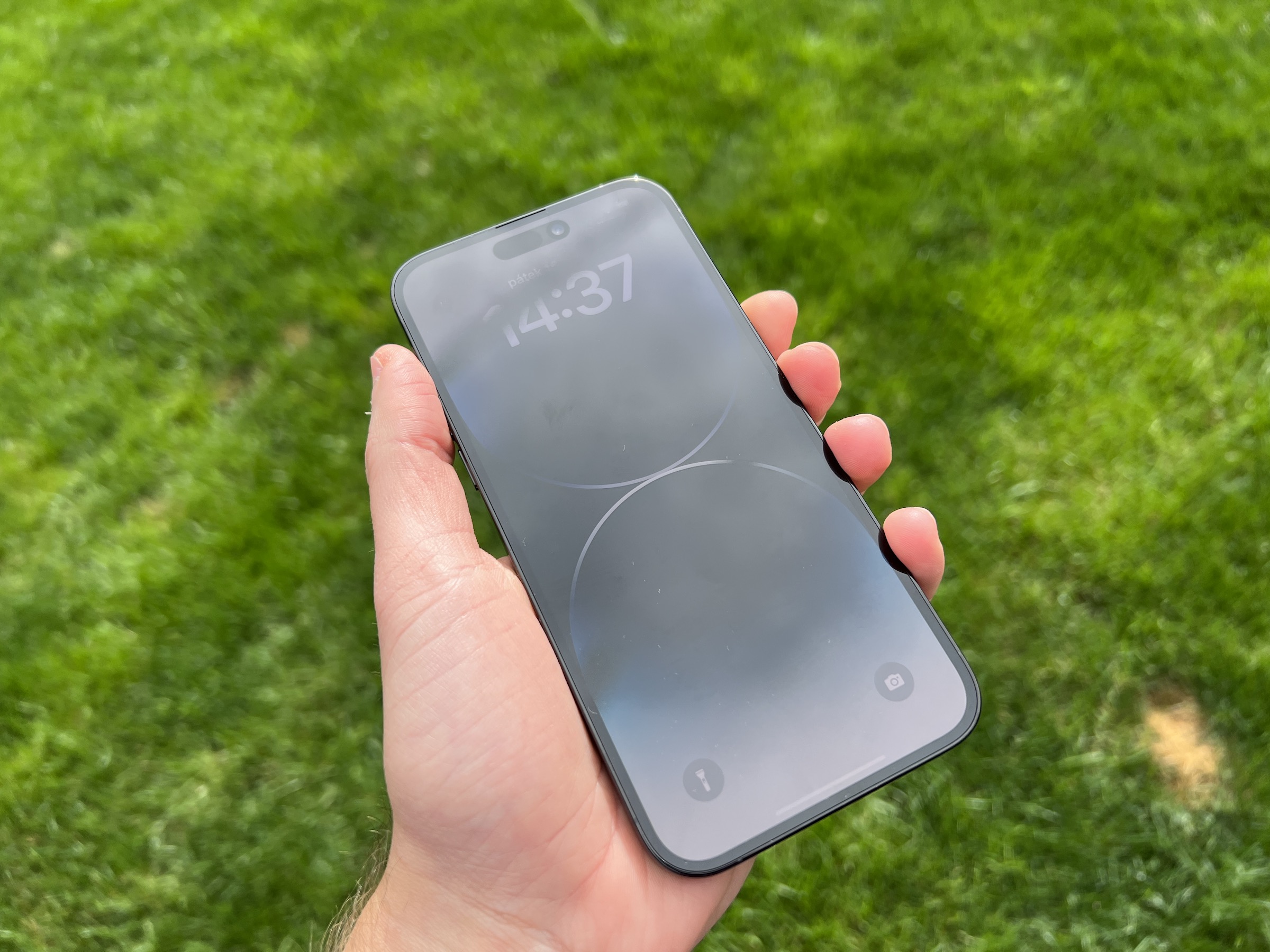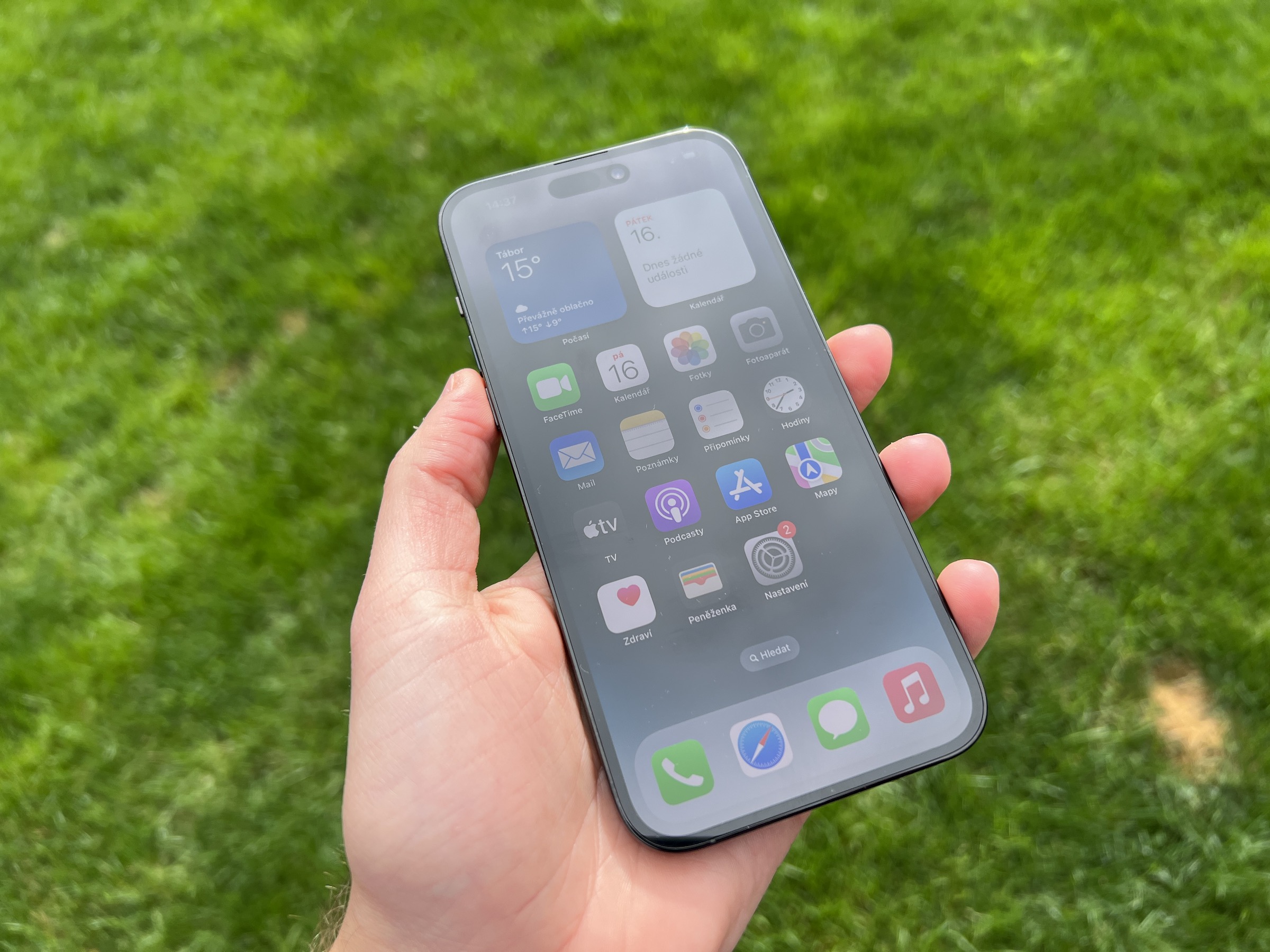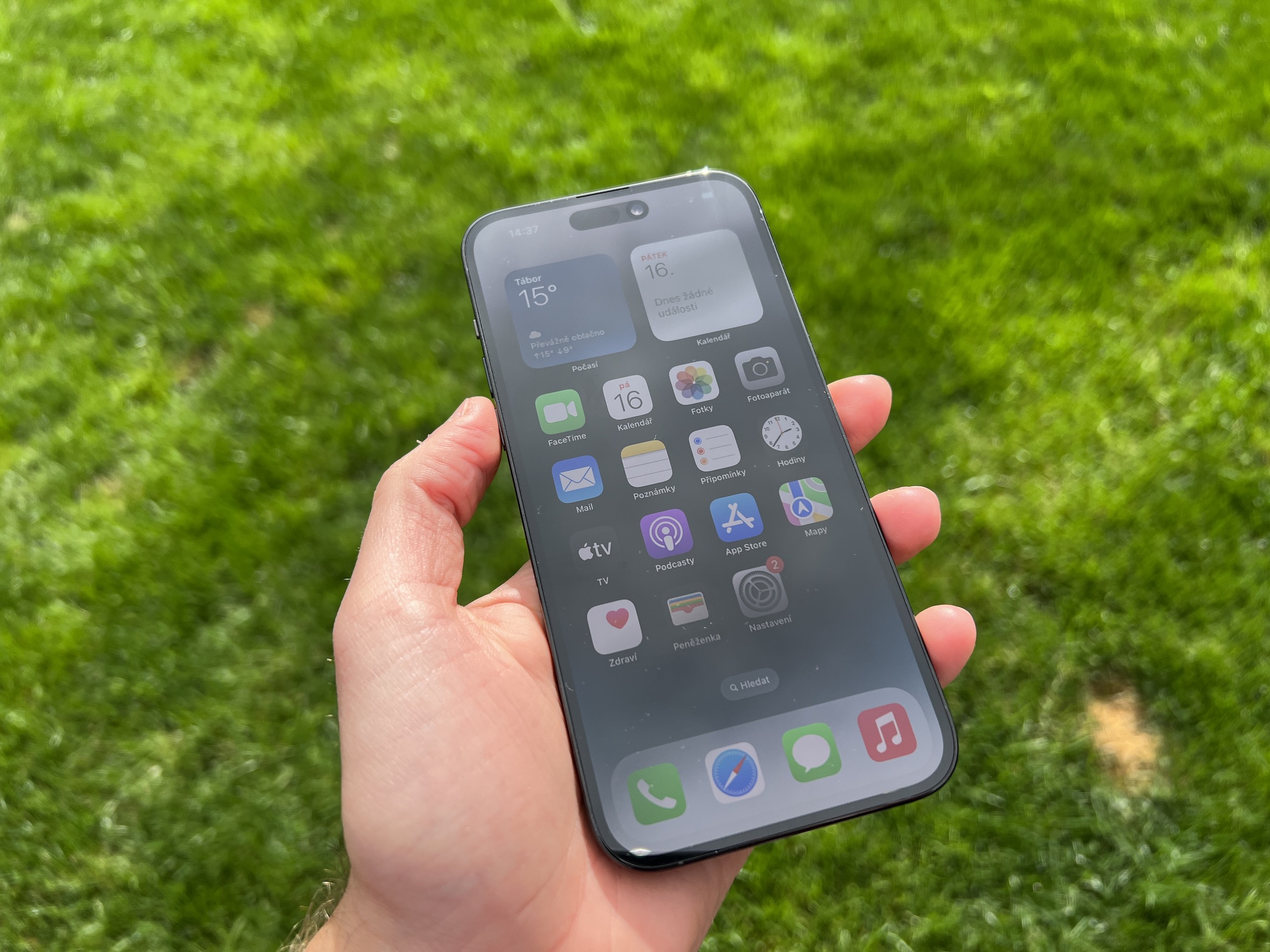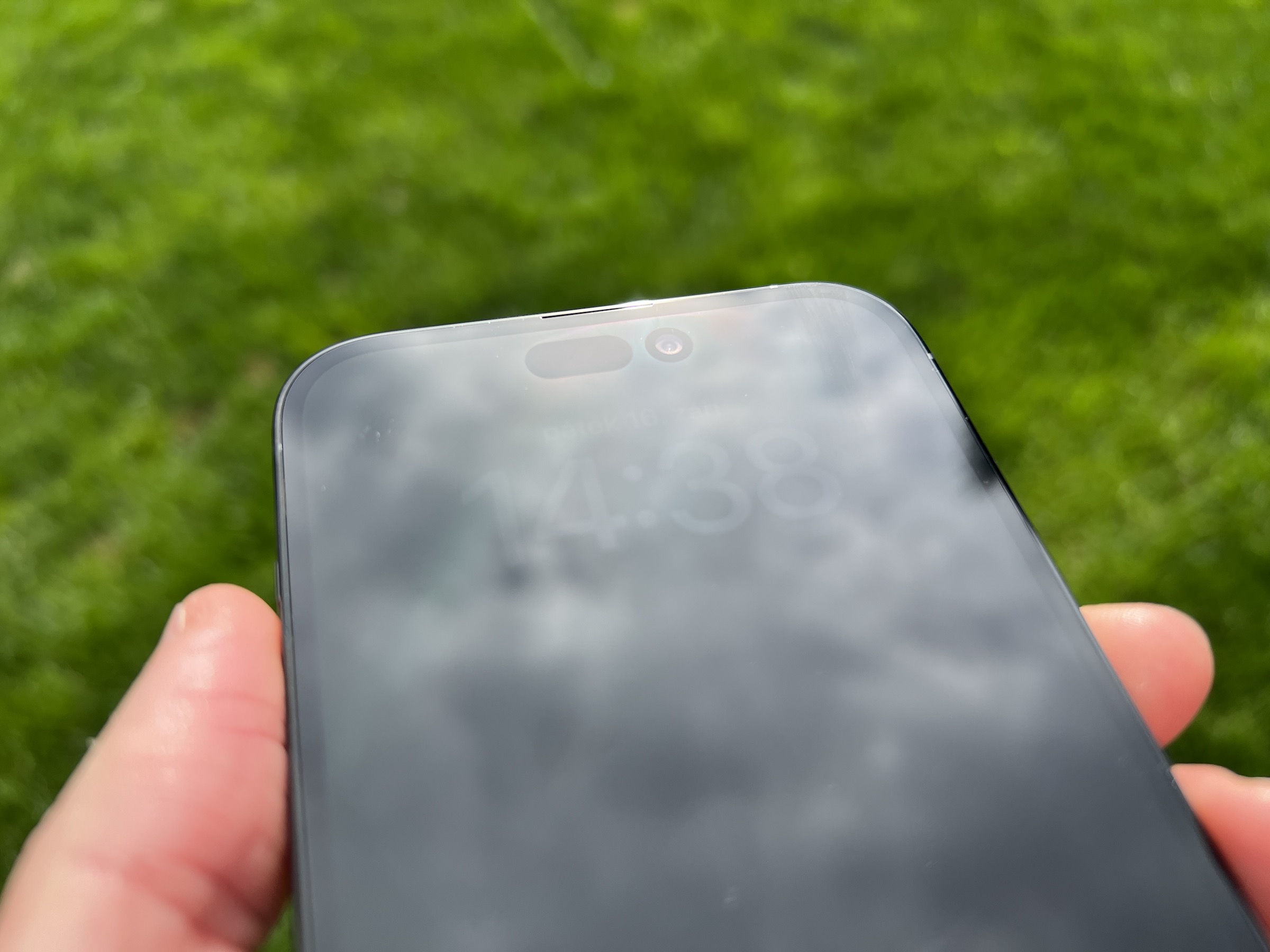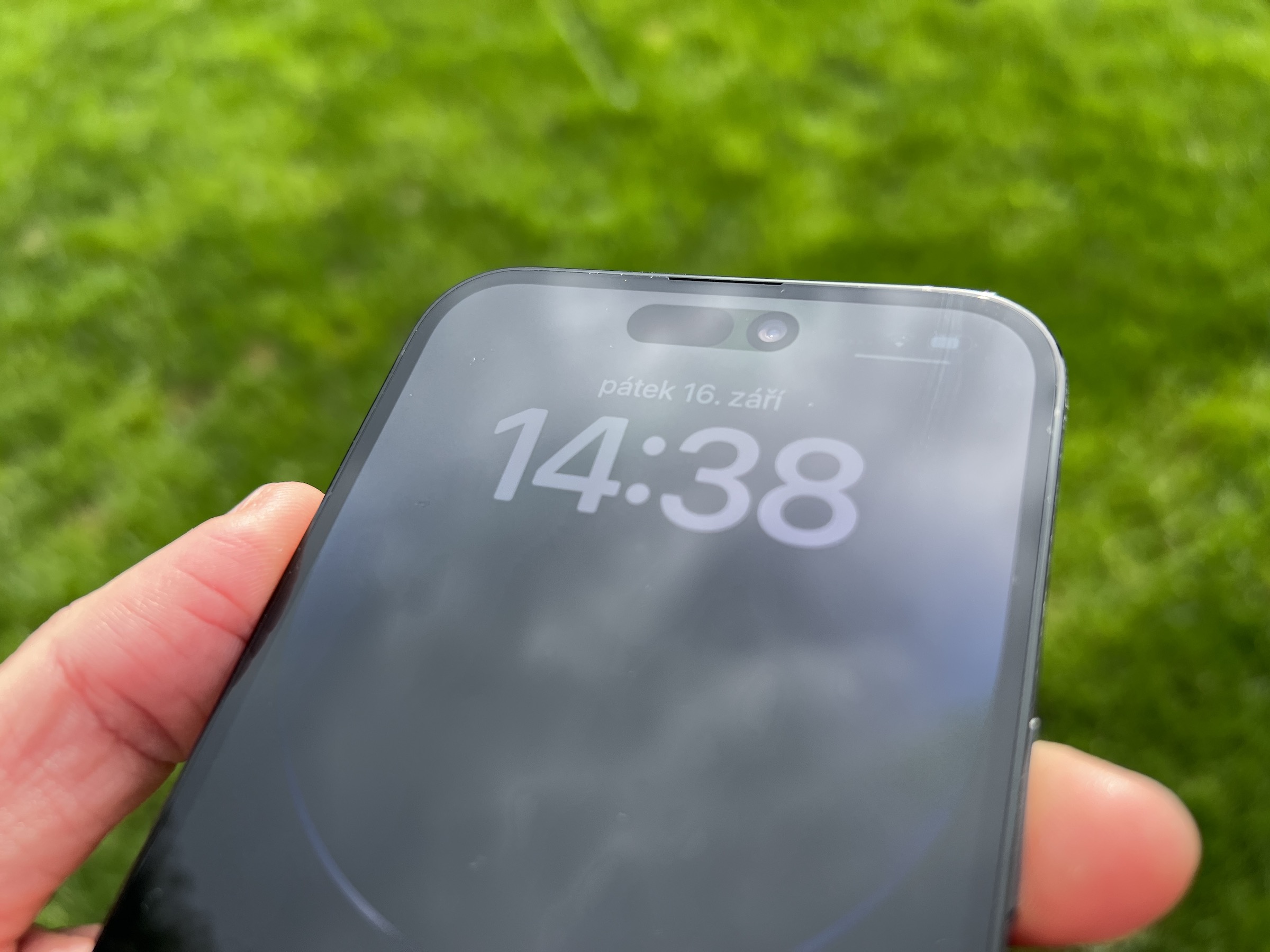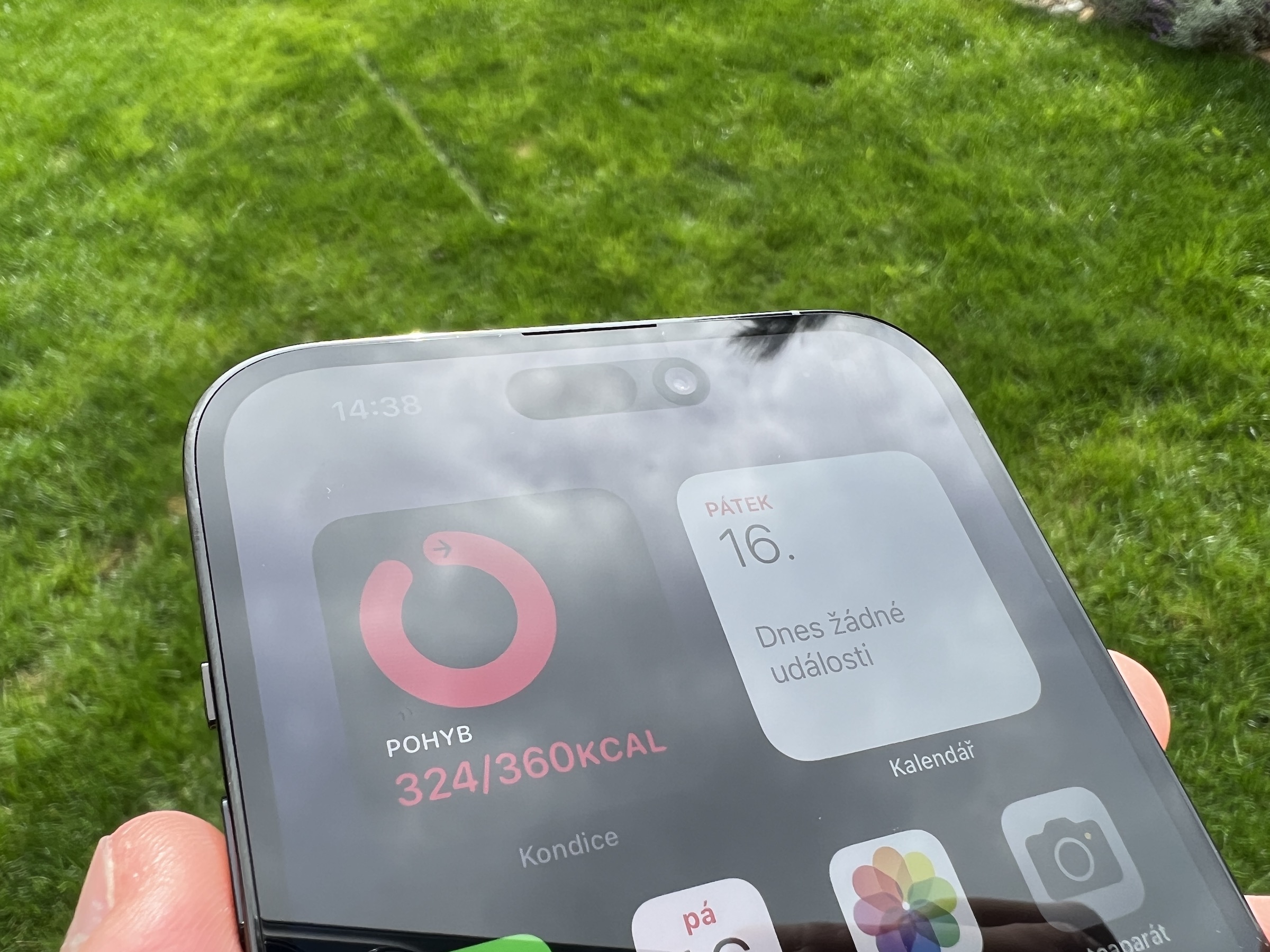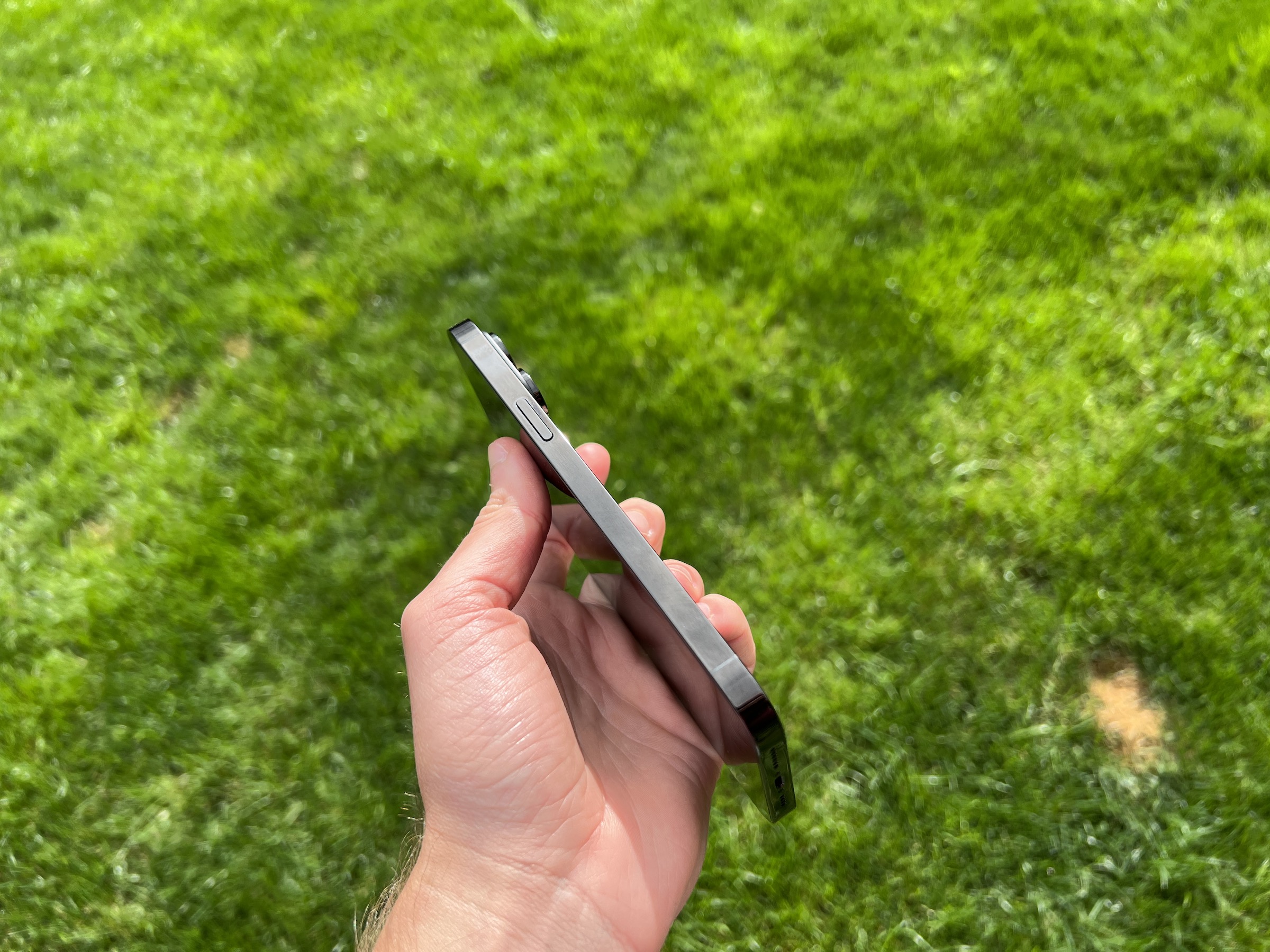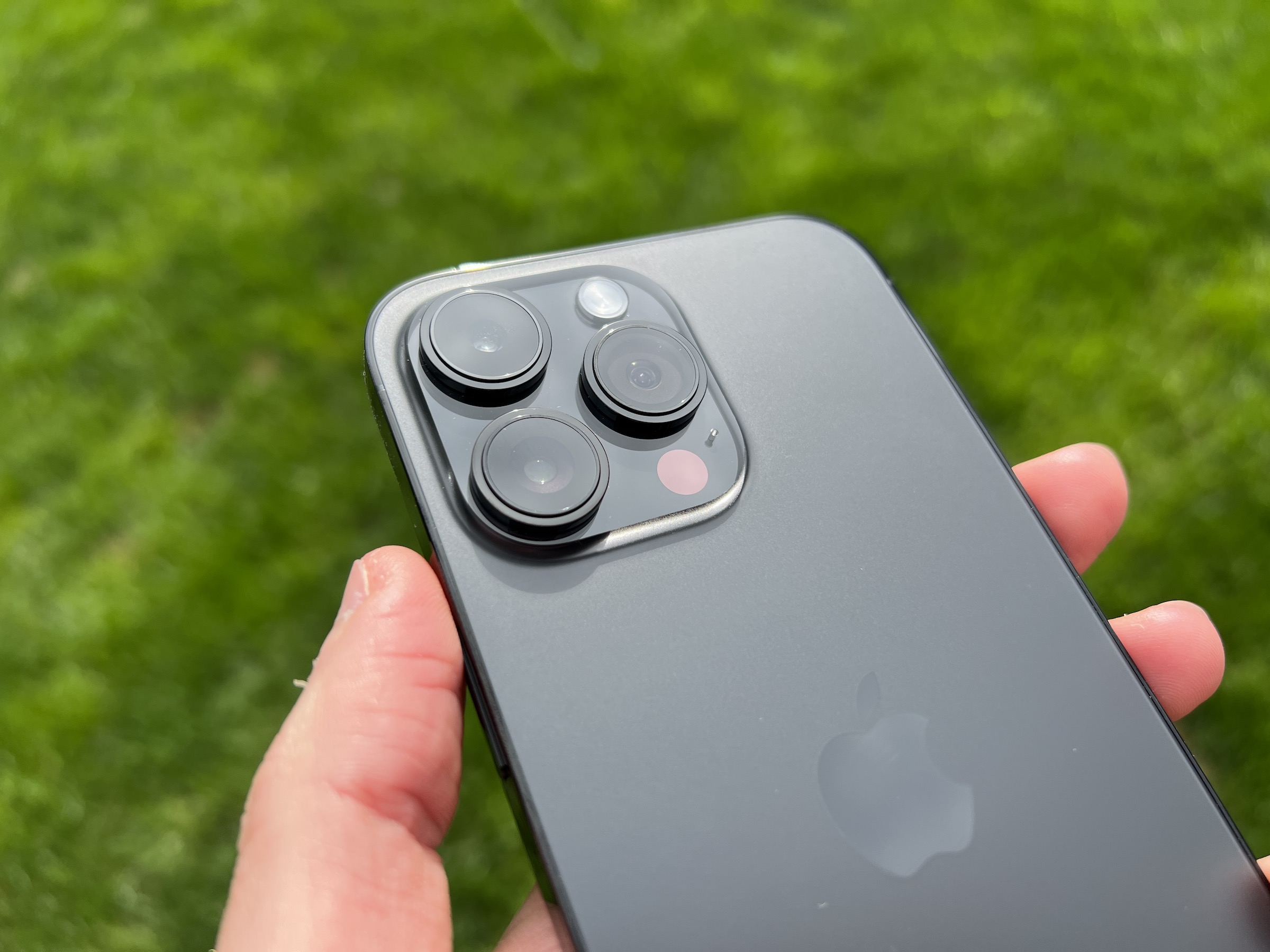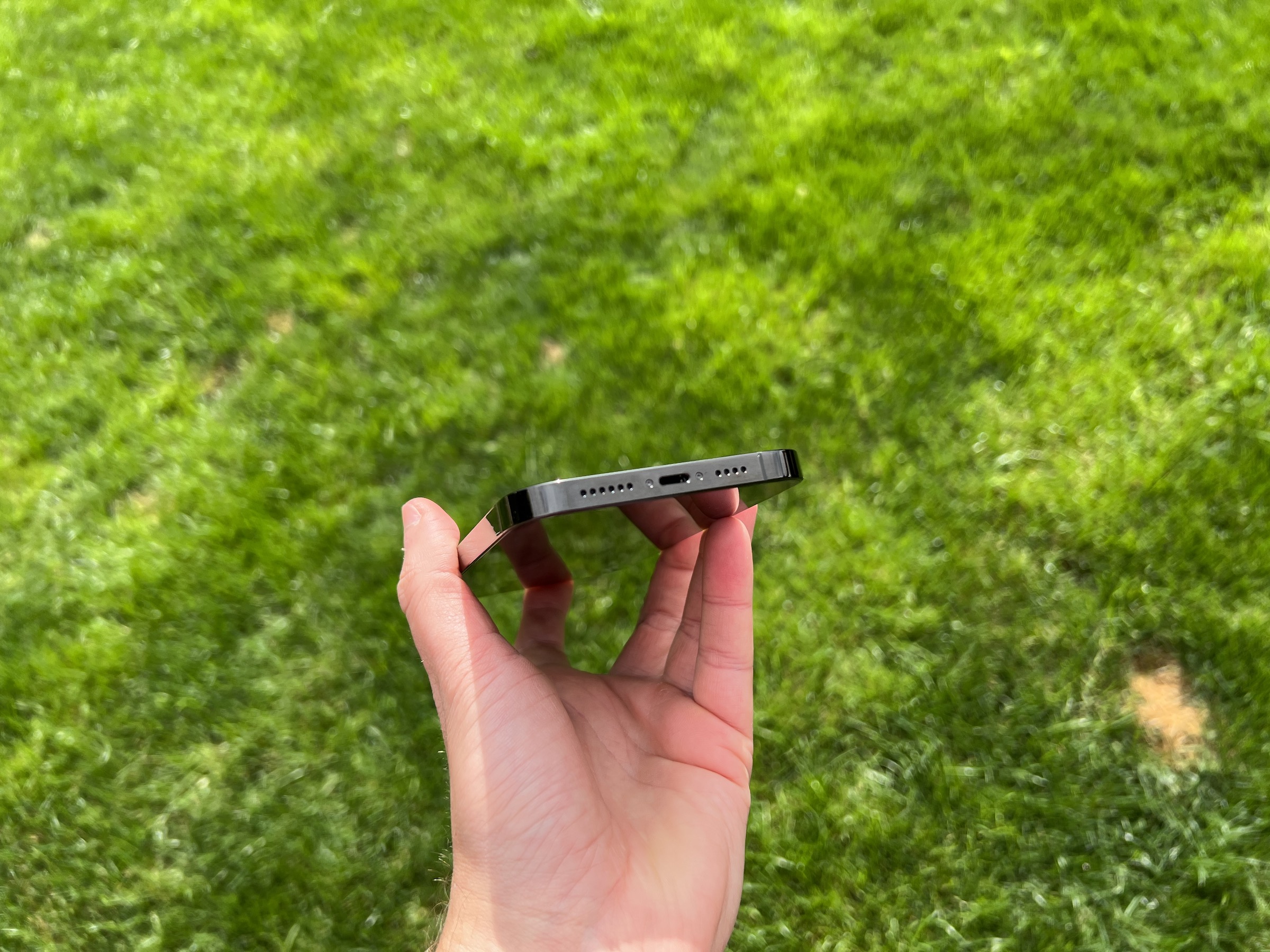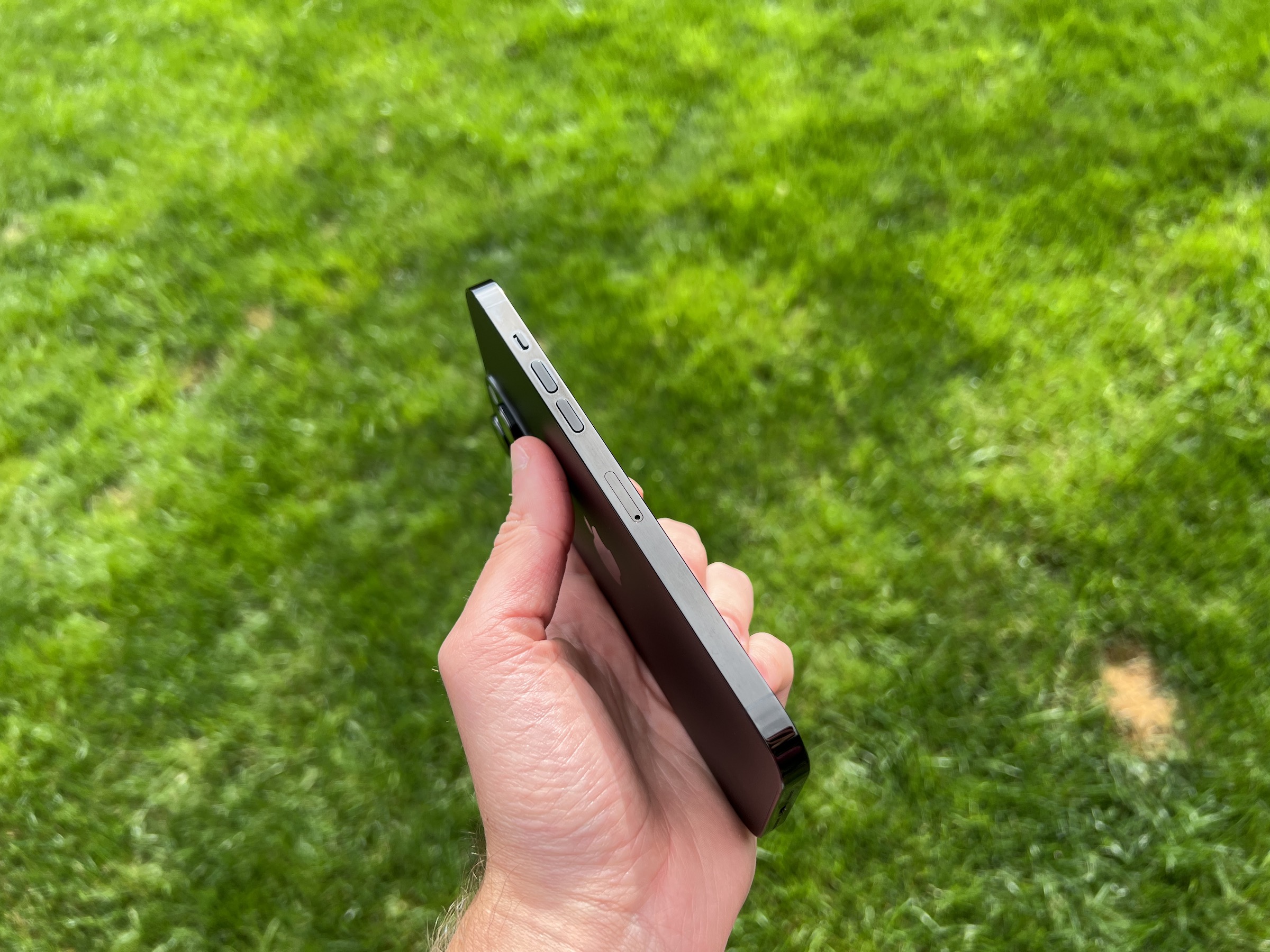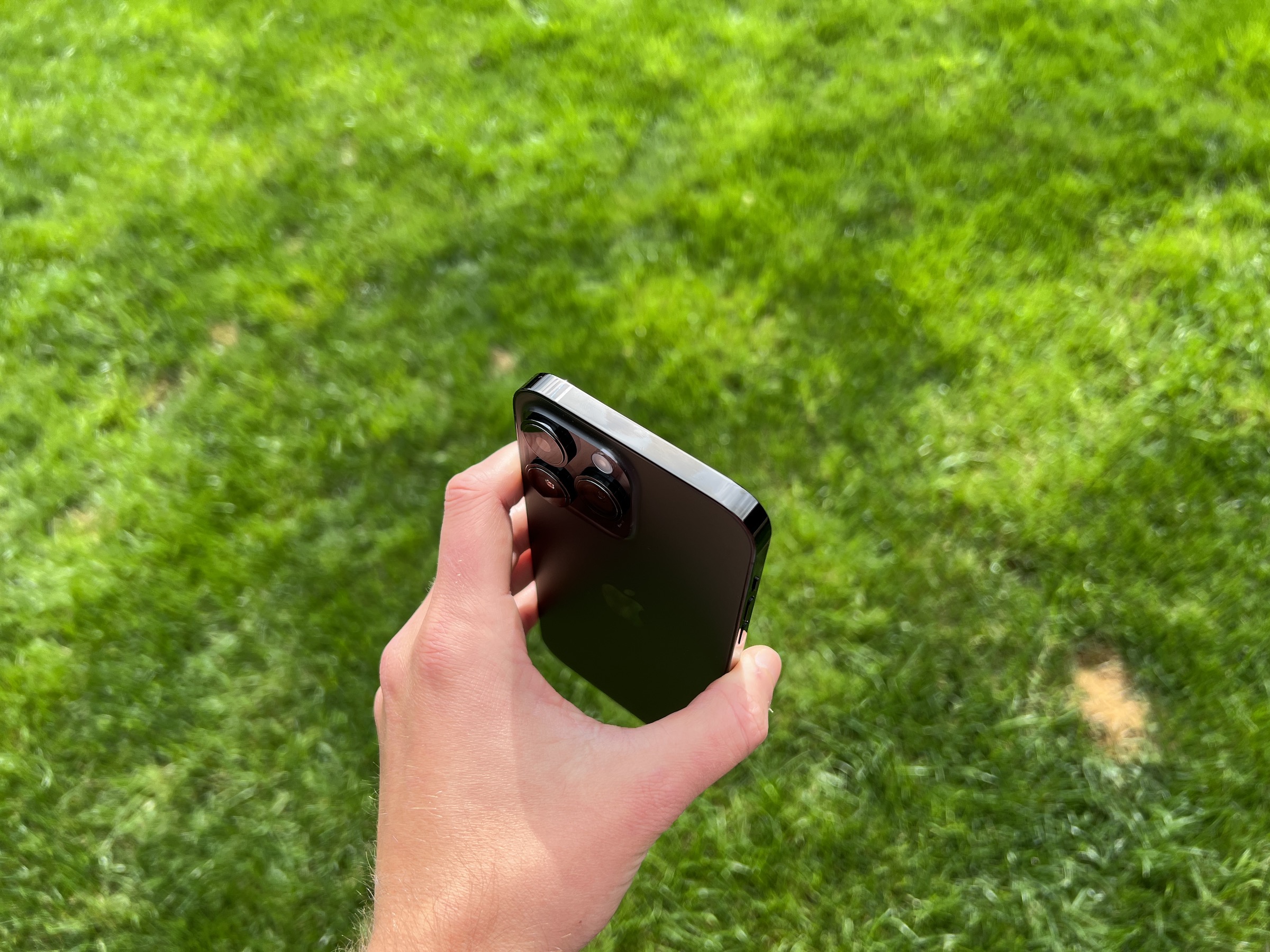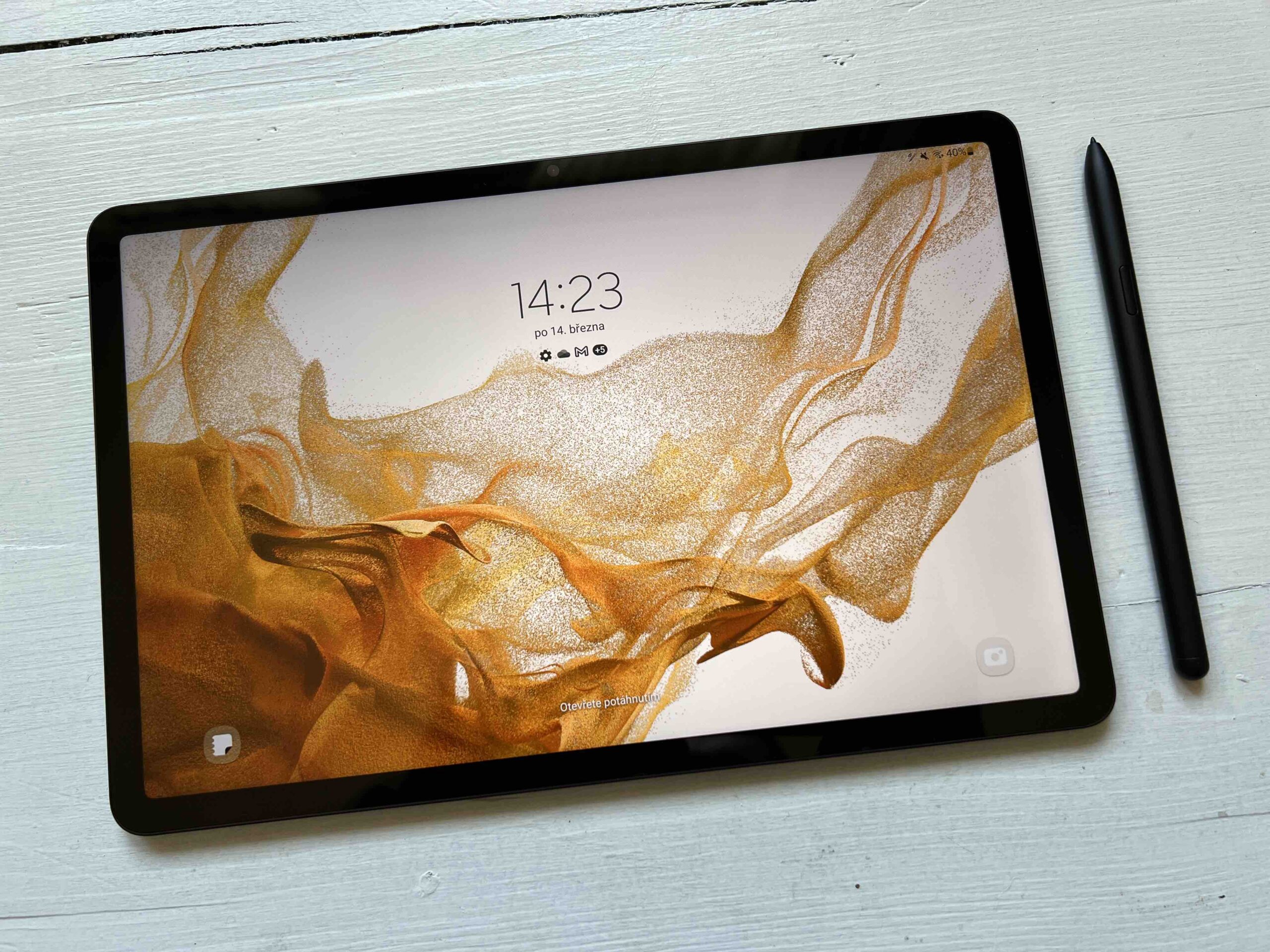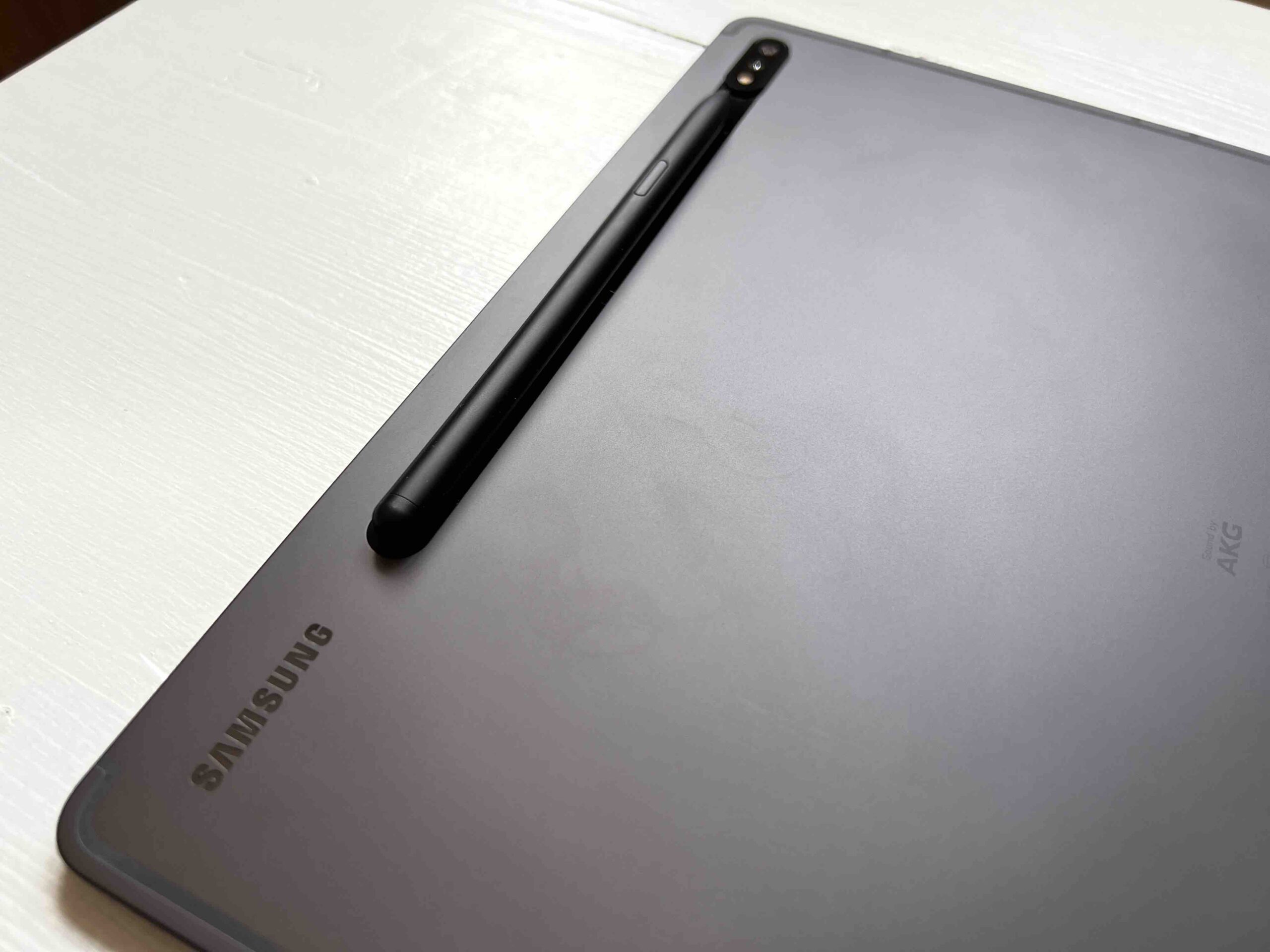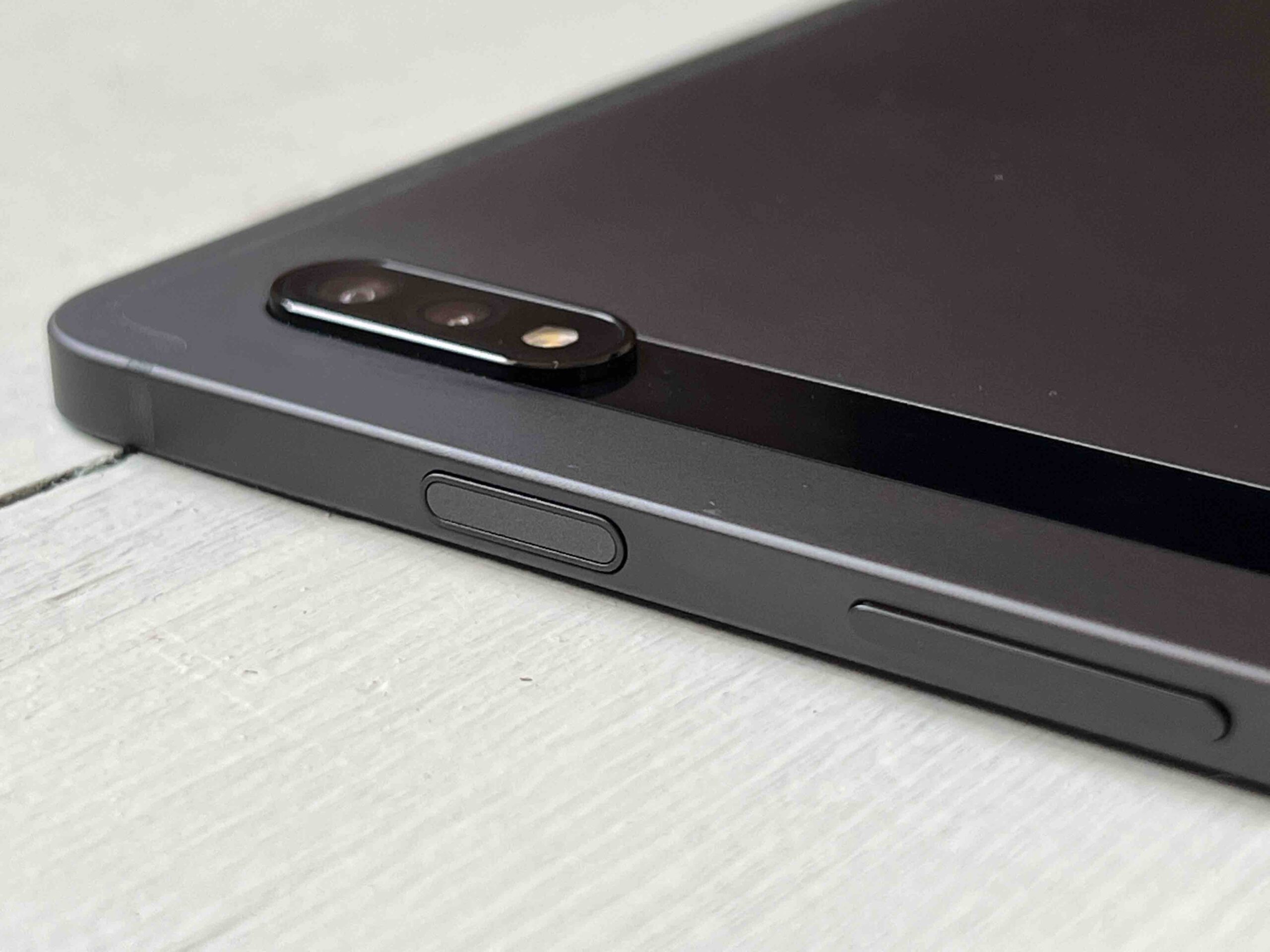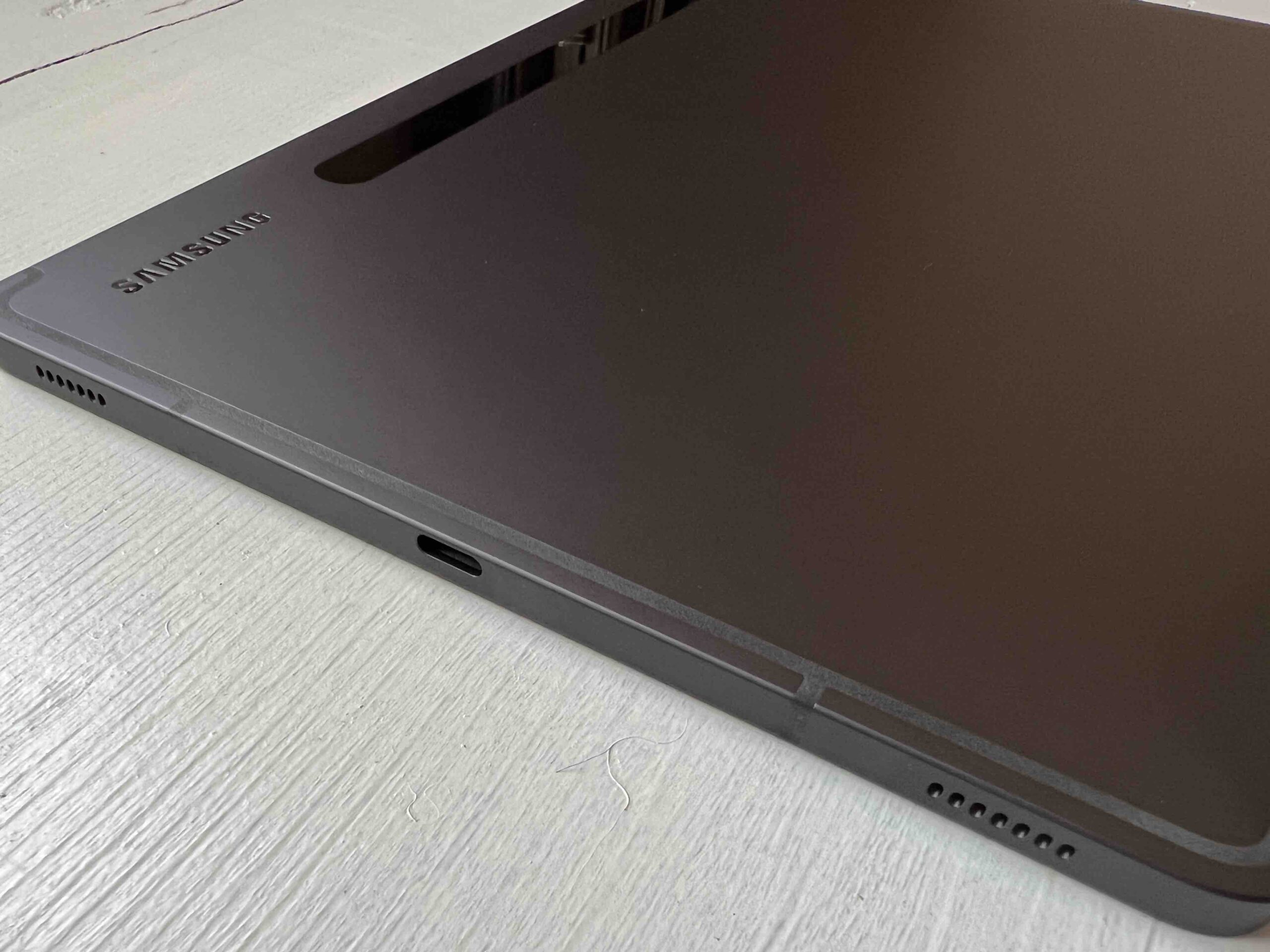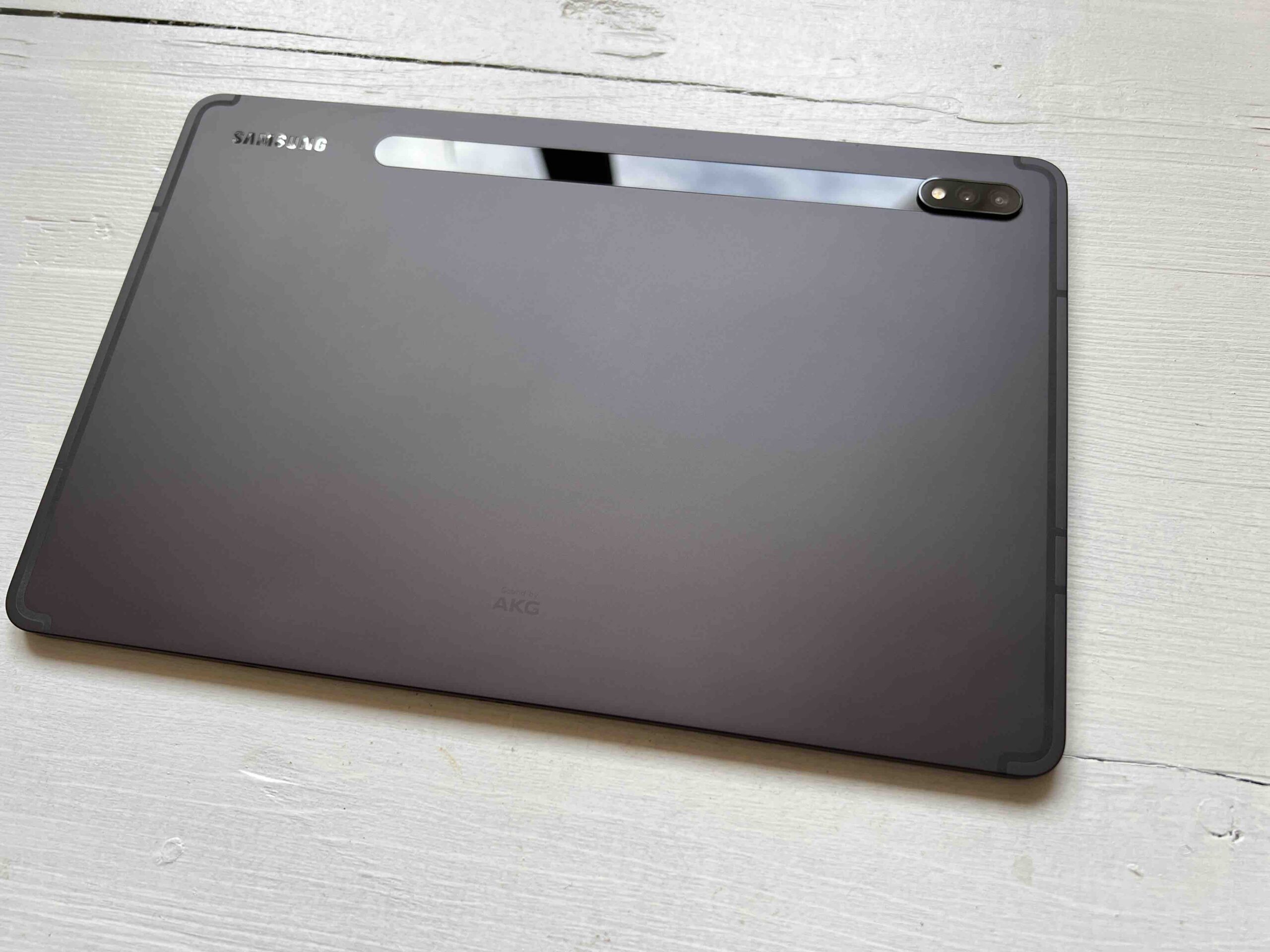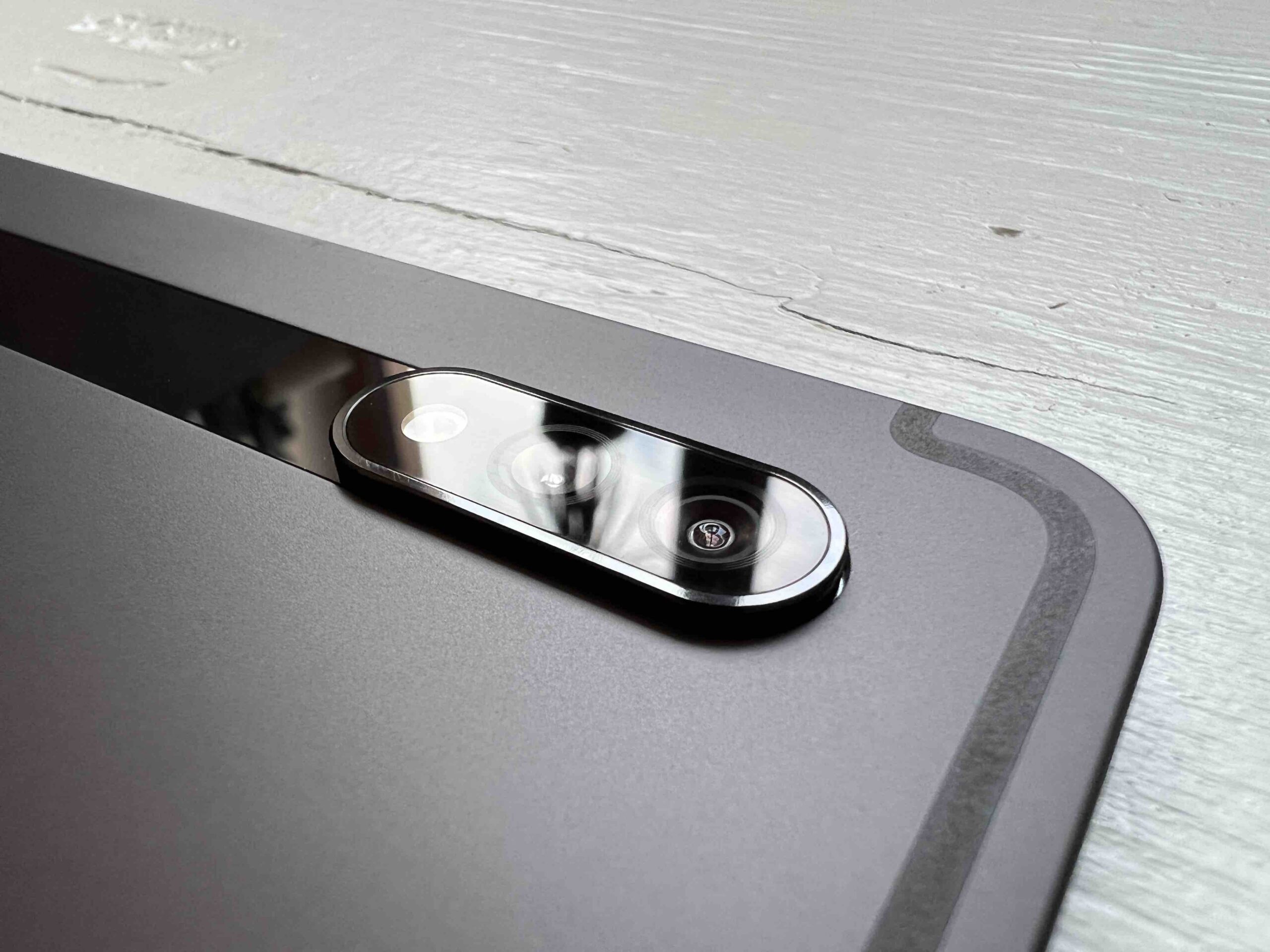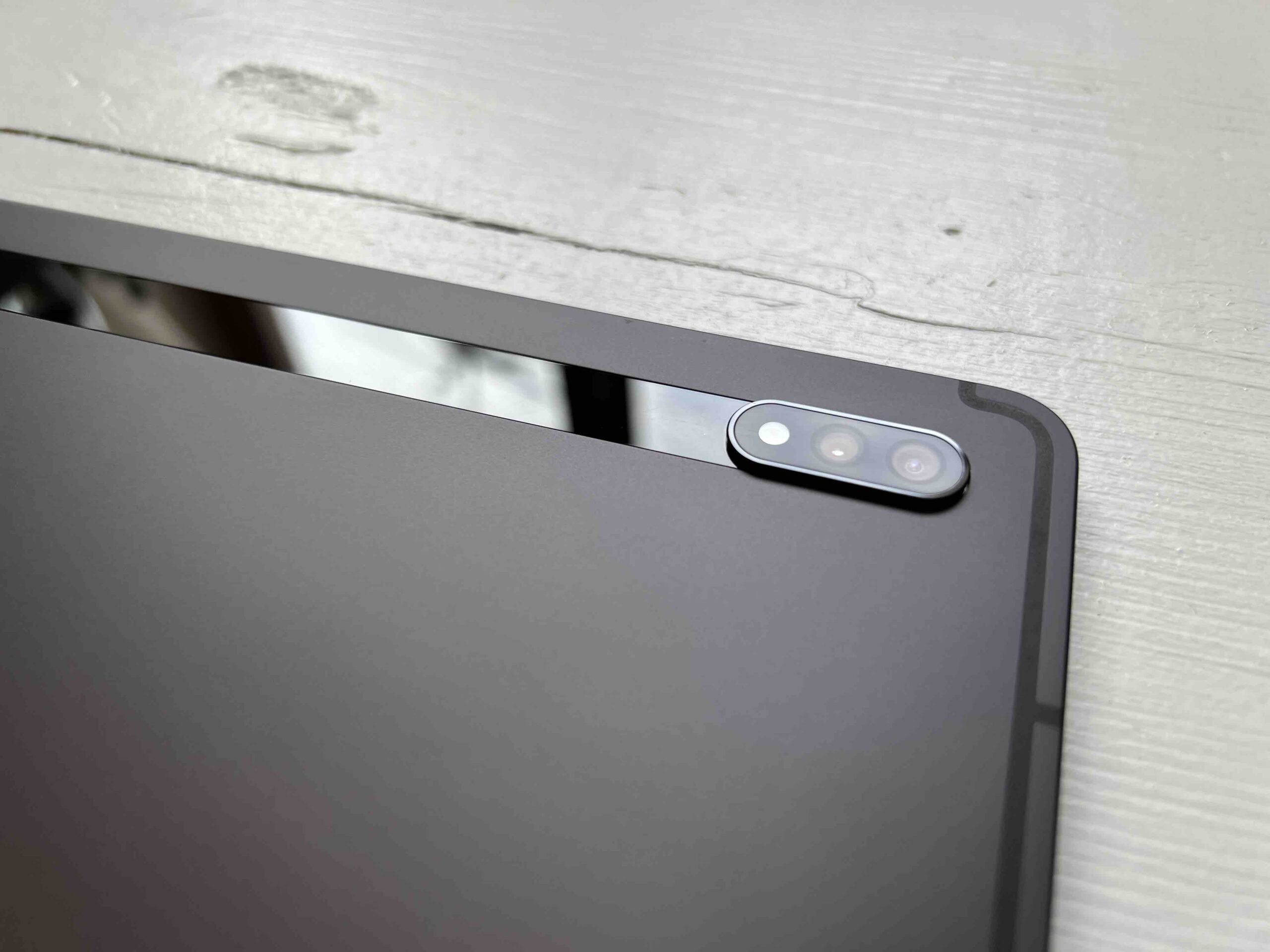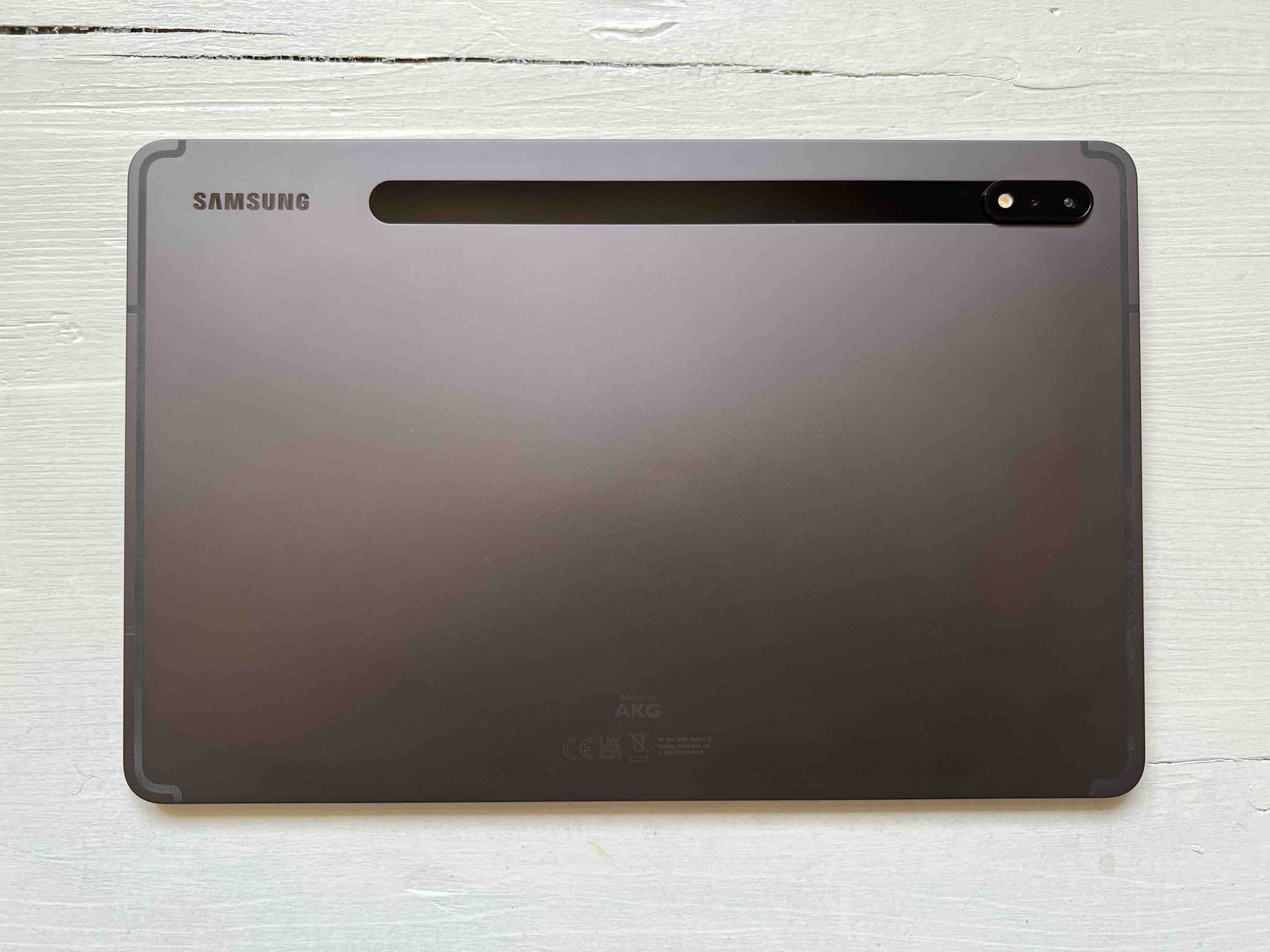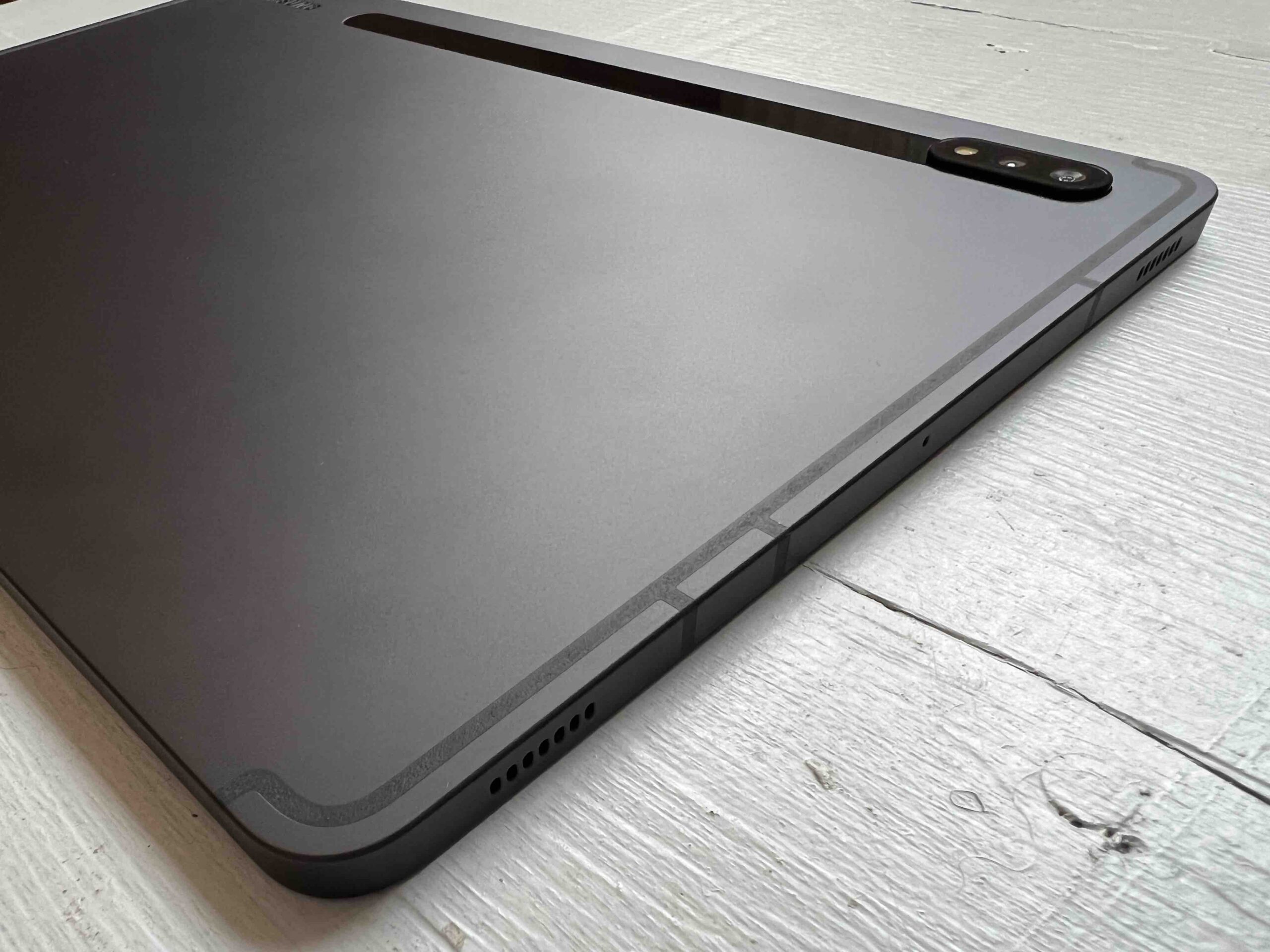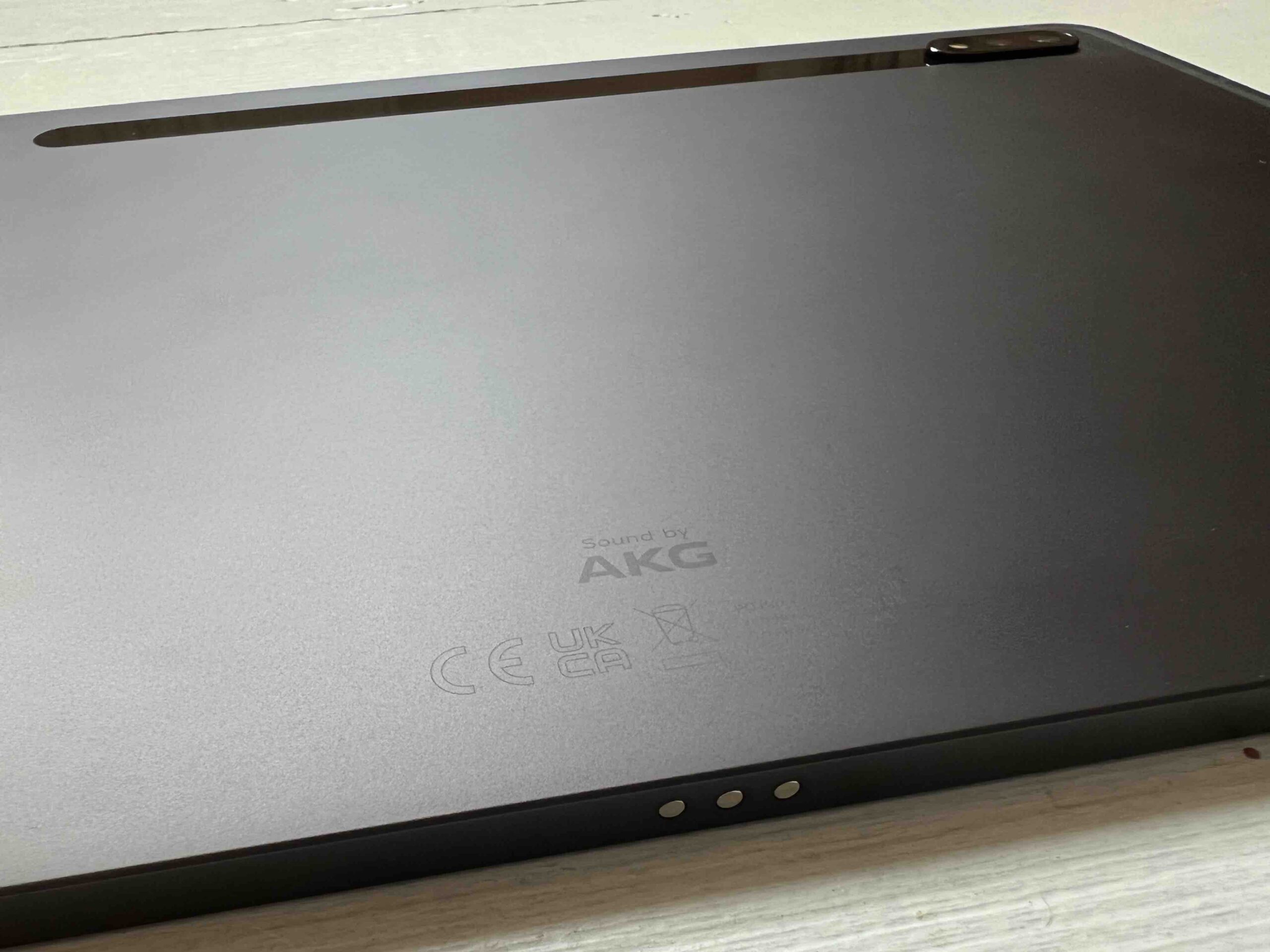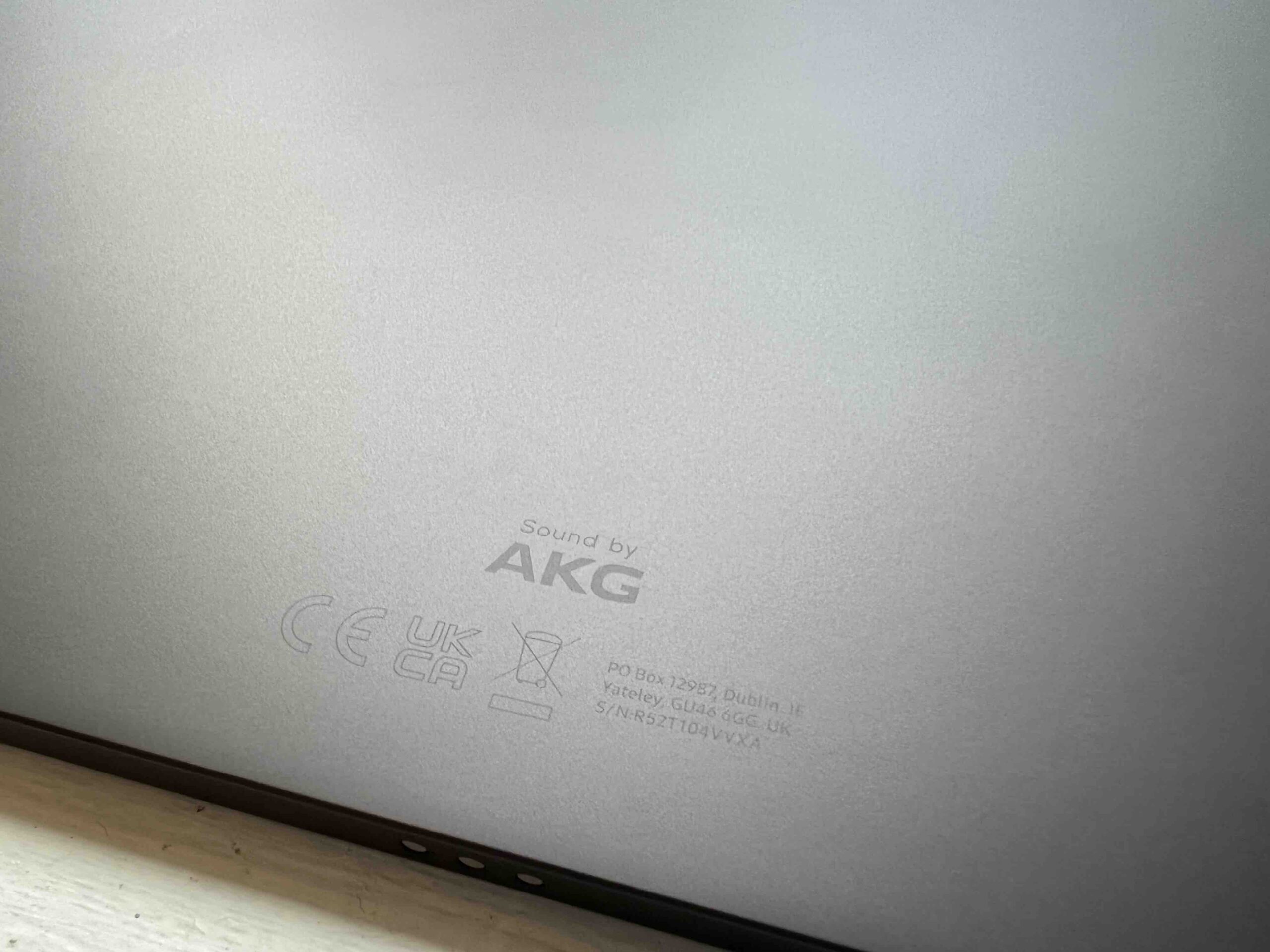If you can't do it, get someone to do it for you. That is, of course, one level of the matter. The second one is that it is primarily about marketing. Because when two names come together, it usually has a bigger impact. Is Apple losing out by going purely solo?
Android phone manufacturers are certainly not shying away from collaboration. We have a wide range of brands that collaborate with others in some way. So what? By combining a lesser-known Chinese manufacturer with a years-proven European company producing photographic equipment, it gives the customer a clear stamp of quality, even if the company OnePlus or Living they never heard.
Specifically, it was OnePlus that joined forces with the Swedish brand Hasselblad, Vivo then cooperates with the company Carl Zeiss, which has more than a century of history. Then there's more Huawei, who doesn't mess around and chose as a partner the best he could - a legendary company Leica. If we look at the point of view of mobile phone manufacturers, the idea is clear.
If we mark the phone's camera with the brand of a world-renowned manufacturer of cameras and photo equipment, we will clearly tell the customer right away that our cameras are the best. In addition, manufacturers delegate the development of cameras outside their factories, thus saving resources. Of course, then they have to pay certain "tithes" for this cooperation. What about photography companies?
It could be interest you

With regard to Zeiss and Hasselblad, it can be said that in the event of a declining market for photographic equipment, similar collaborations can provide them with an appropriate financial injection and, after all, the expansion of brand awareness. But why the most premium of them all joins the controversial Chinese brand is strange after all. In any case, it works, because the appropriate label attracts attention and the marketing departments are with me. By the way, Samsung also flirted with something similar when it circled around cooperation with Olympus. But since it manufactures its own sensors, just like for example Sony, such cooperation actually makes no sense, because it would automatically discredit its production.
It's about the sound of the name
Samsung took a different route, and perhaps a more interesting one, although it hasn't benefited much from it yet. It was in 2016 when he bought Harman International. This simply means that it owns brands like JBL, AKG, Bang & Olufsen and Harman Kardon. So far, however, he is not making significant use of it and is clearly wasting potential. When he released the Galaxy S8, you found AKG headphones in its package, now the brand's technology is used in the Galaxy Tab tablets, where on the back you will find an appropriate but rather indistinct reference to AKG.
But what if he worked on the Galaxy S23 Ultra, when this phone would carry the label "sound from Bang & Olufsen", i.e. one of the most premium audio technology manufacturers, on its back? It would certainly raise interest in the phone. Of course, the other side of the matter is whether there would be a shift with regard to hardware and it was not just pure marketing.
Apple doesn't need it. Apple doesn't need anything. Apple, if it cheapened its iPhones to an acceptable limit, would become the largest seller of smartphones. It clearly leads in the premium segment, losing only in numbers, when Samsung overtakes it precisely in the low-end segment. Apple doesn't need a label because its iPhones are among the best in every aspect of their hardware. Anything more could actually harm the brand.
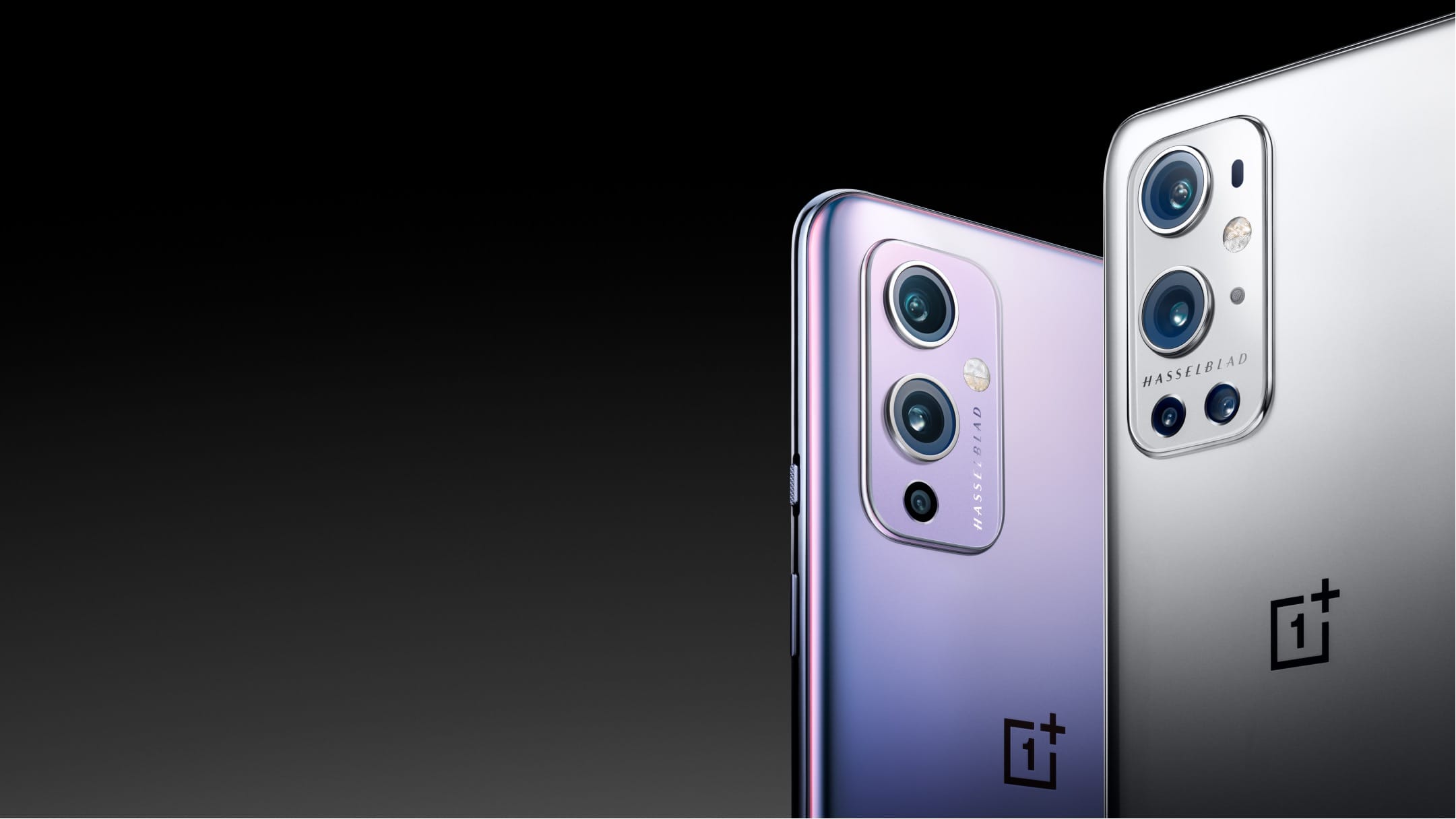
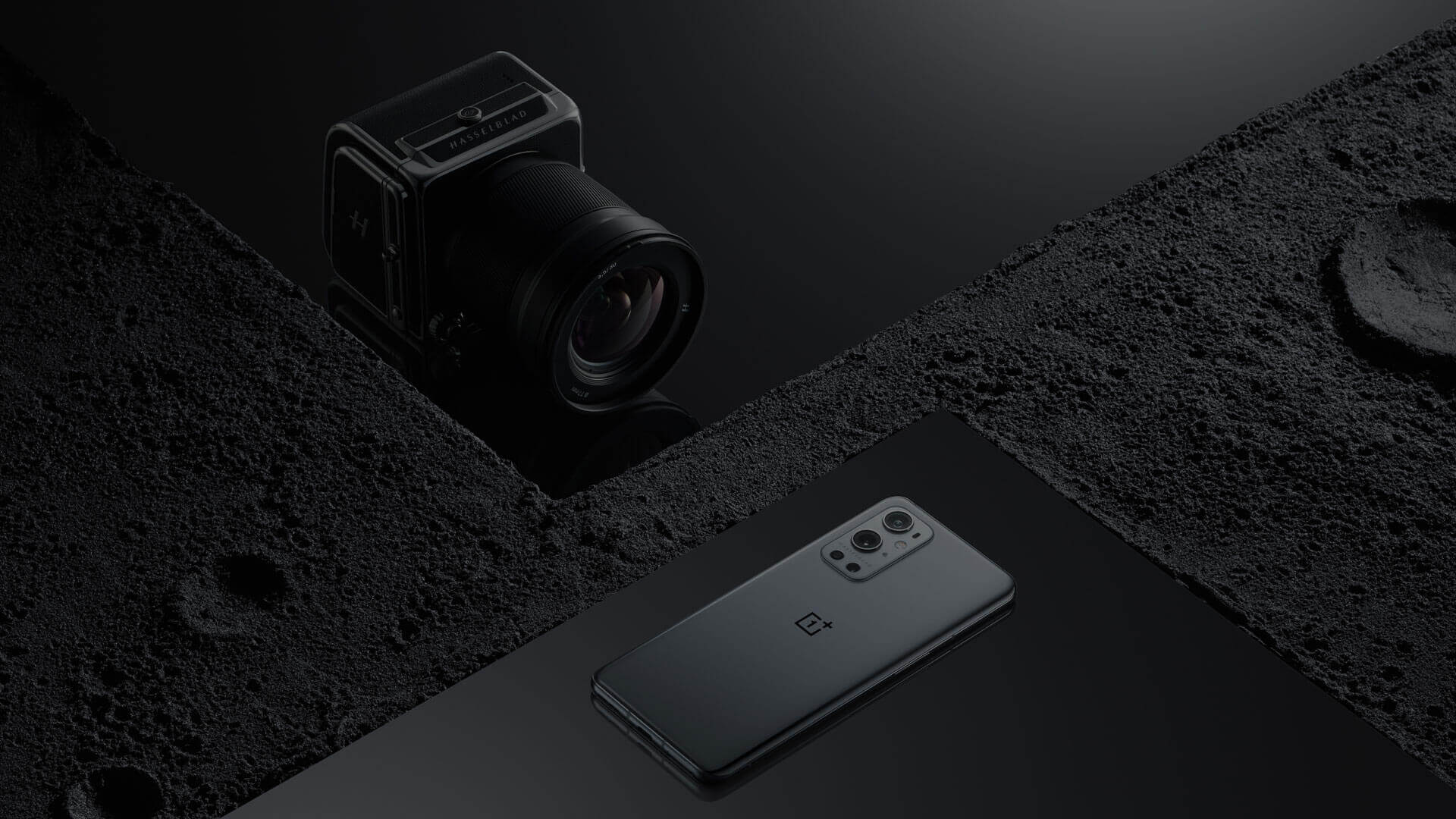
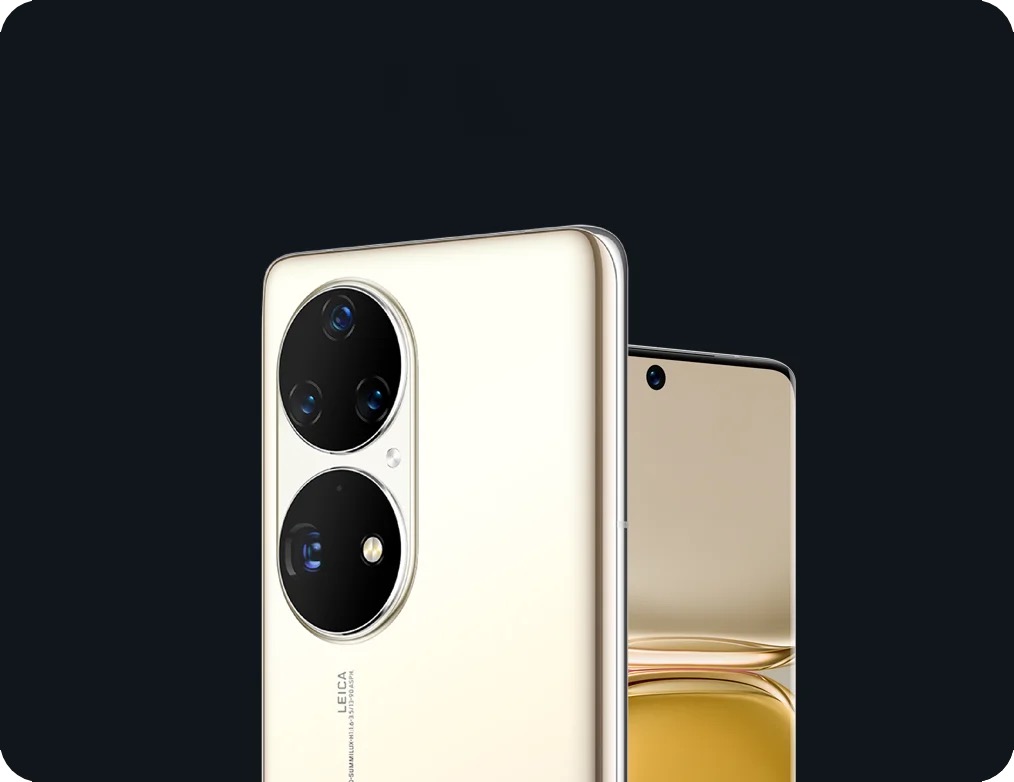
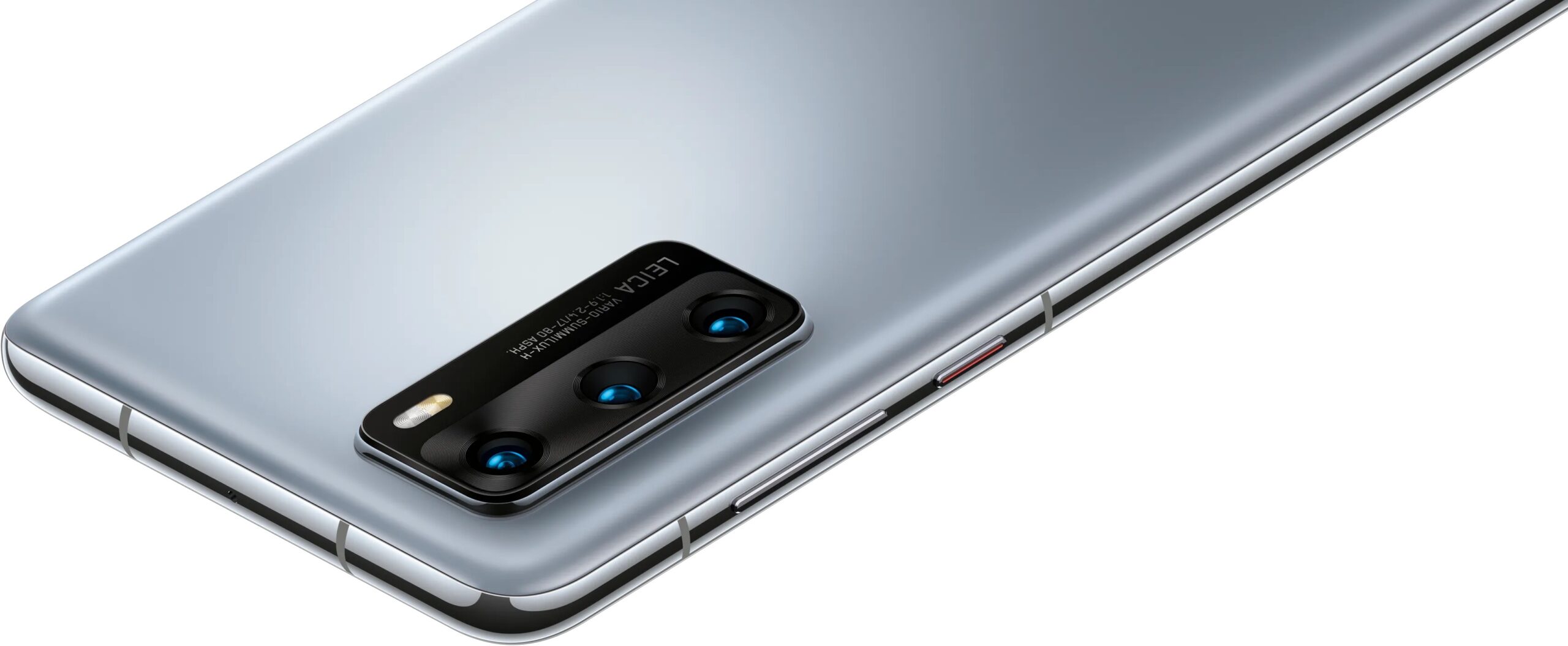

 Adam Kos
Adam Kos 